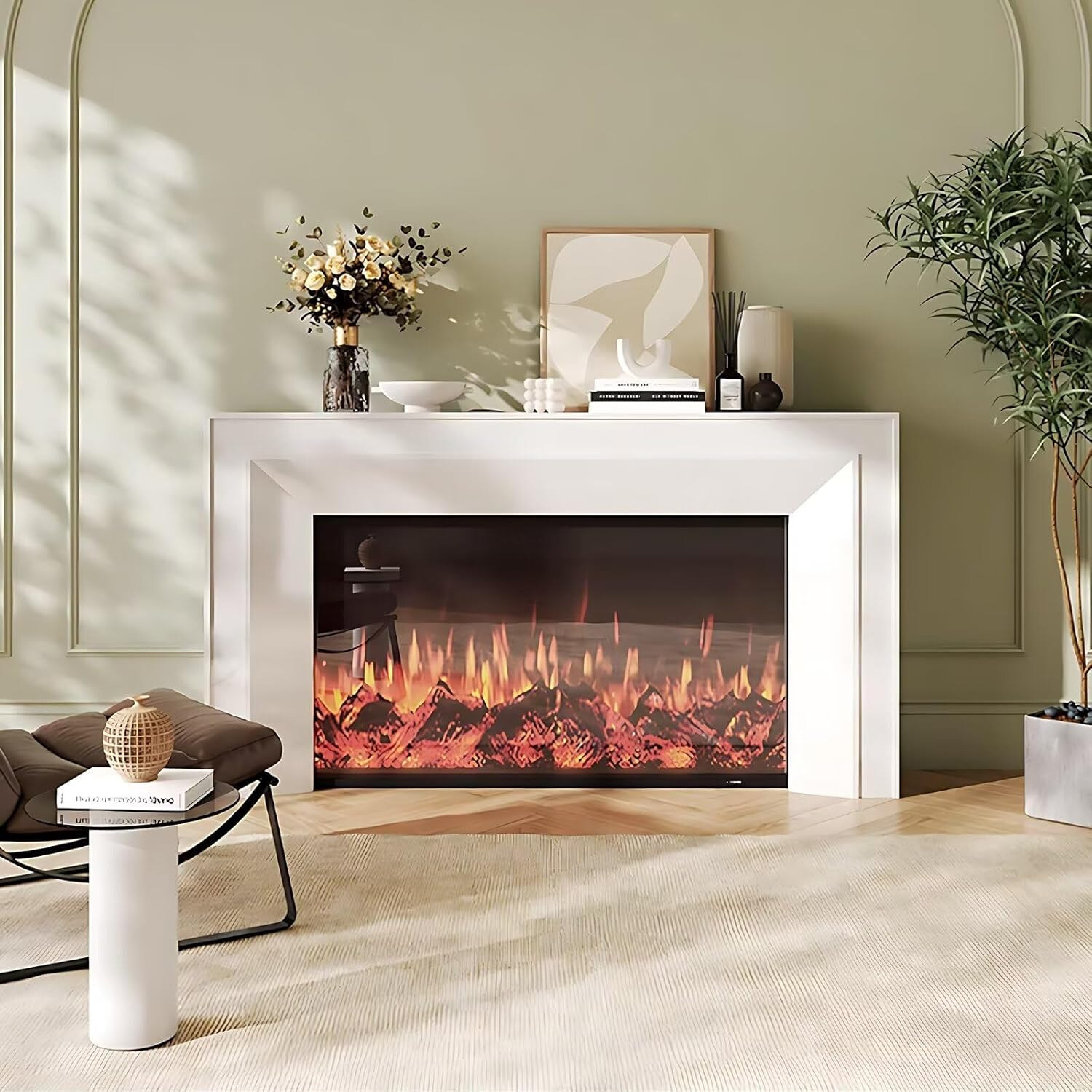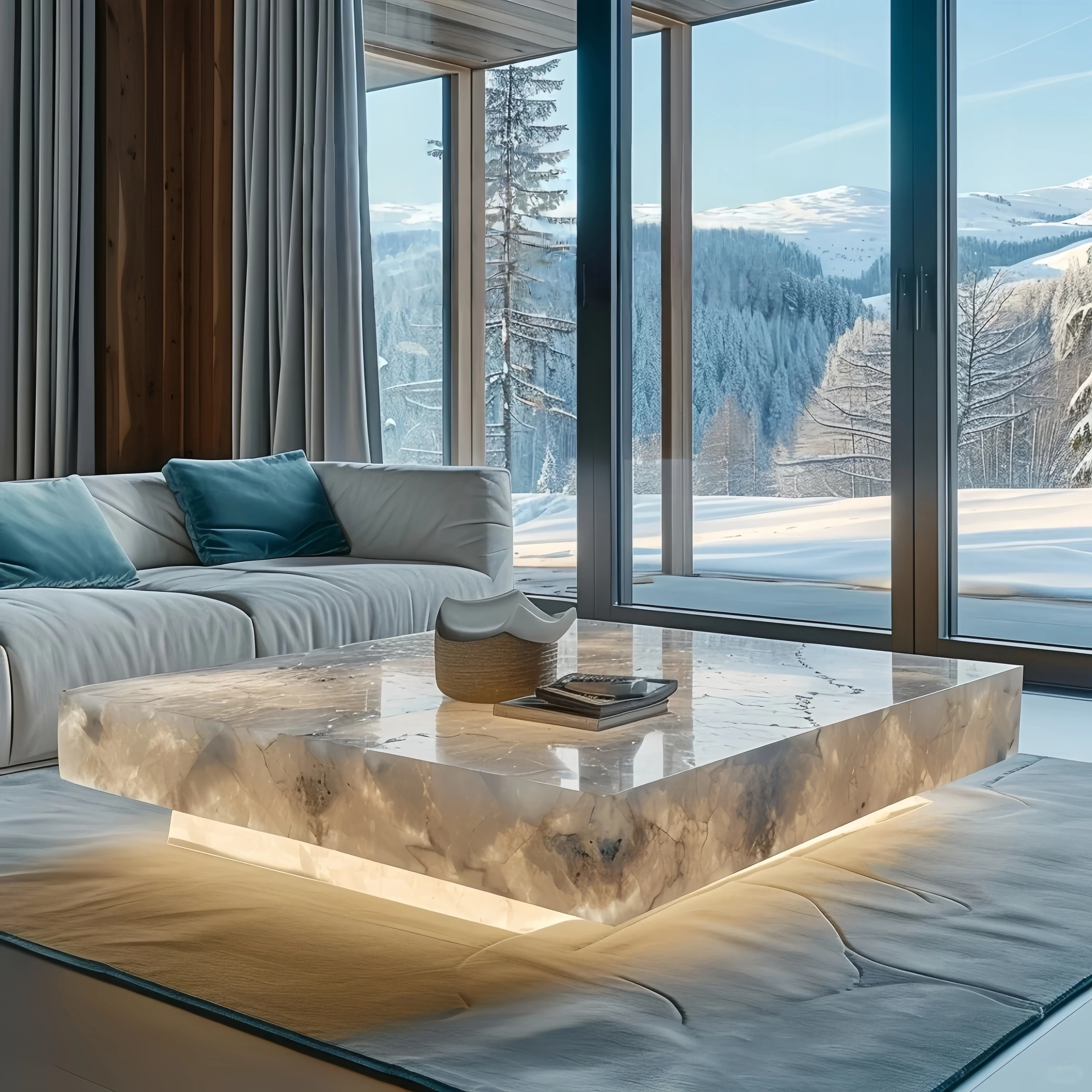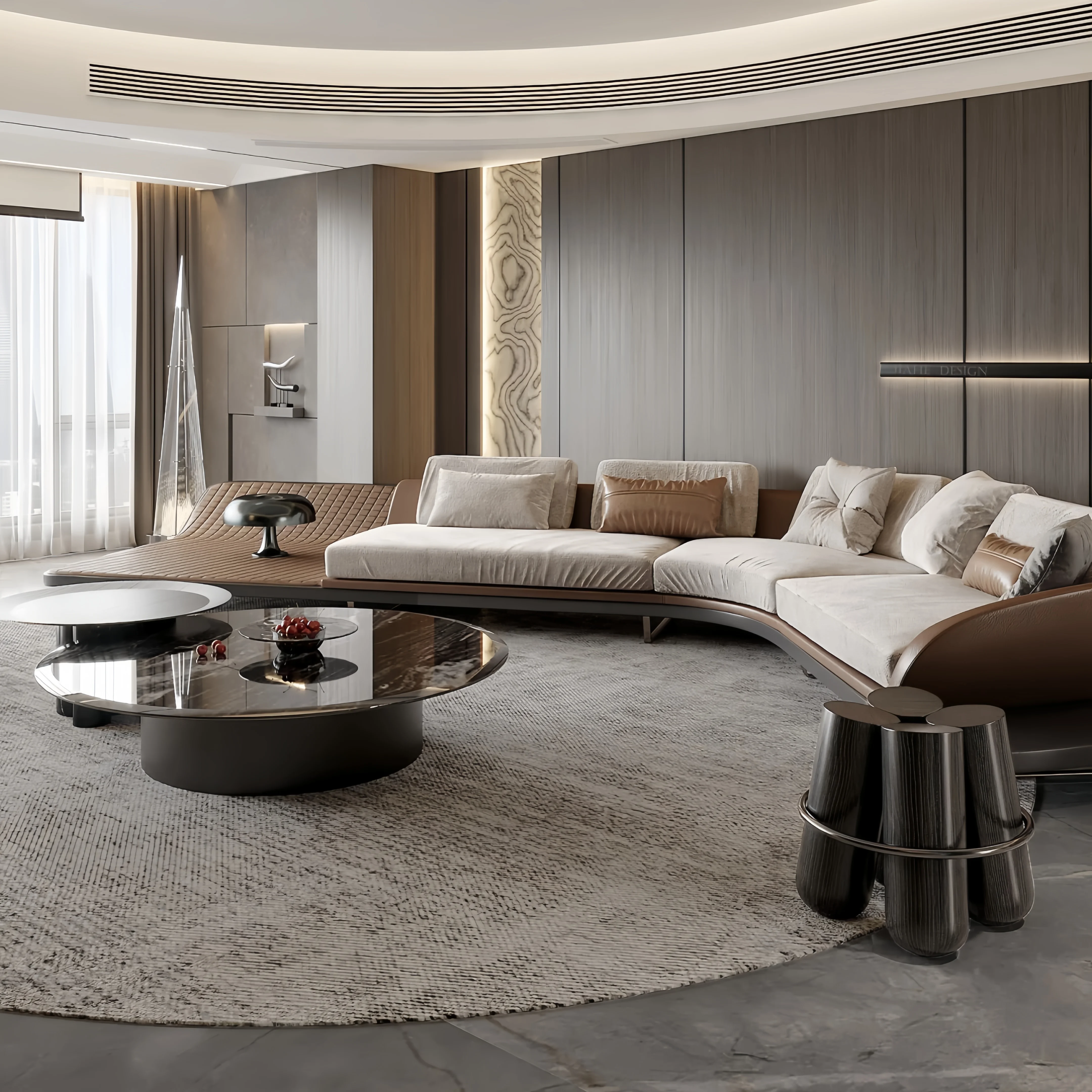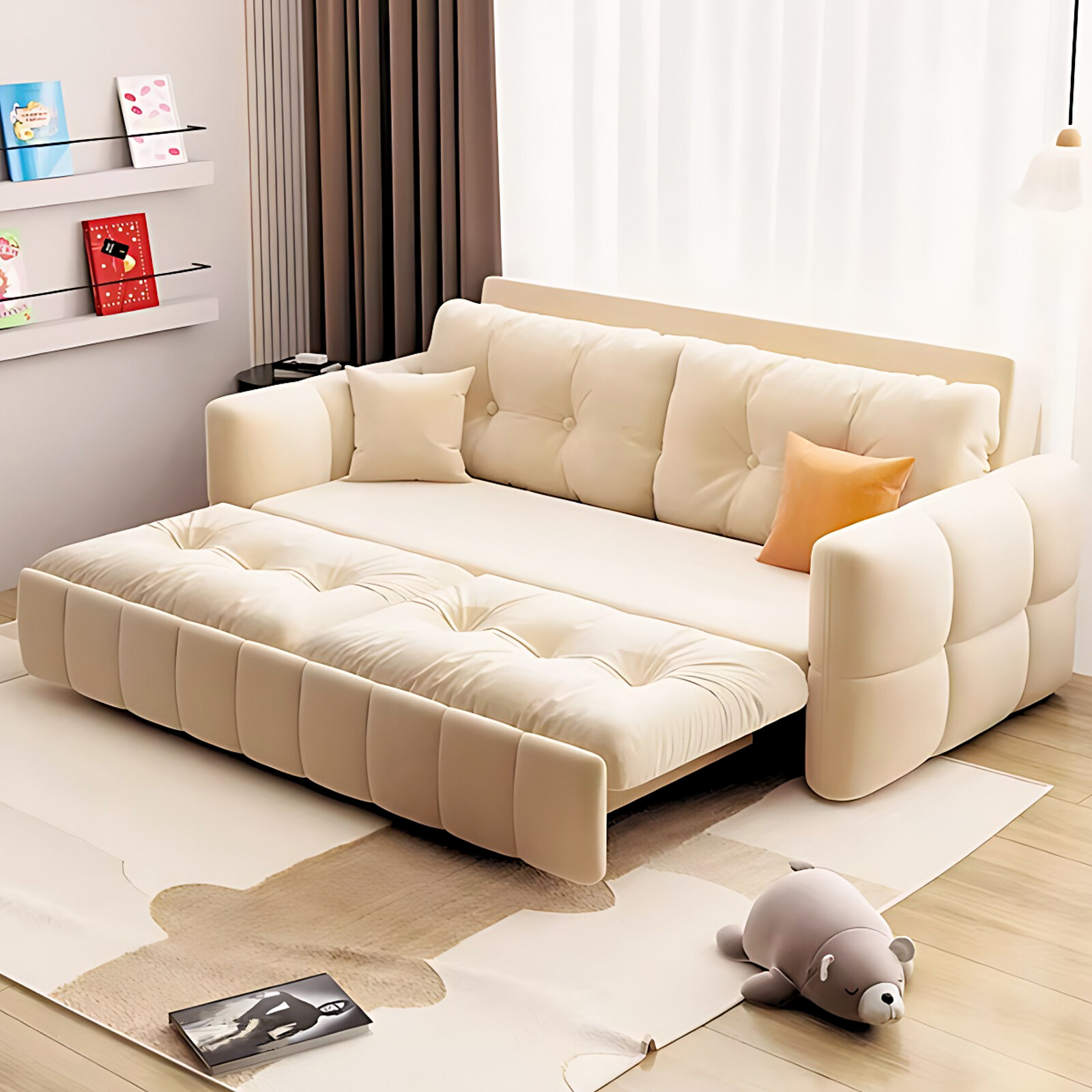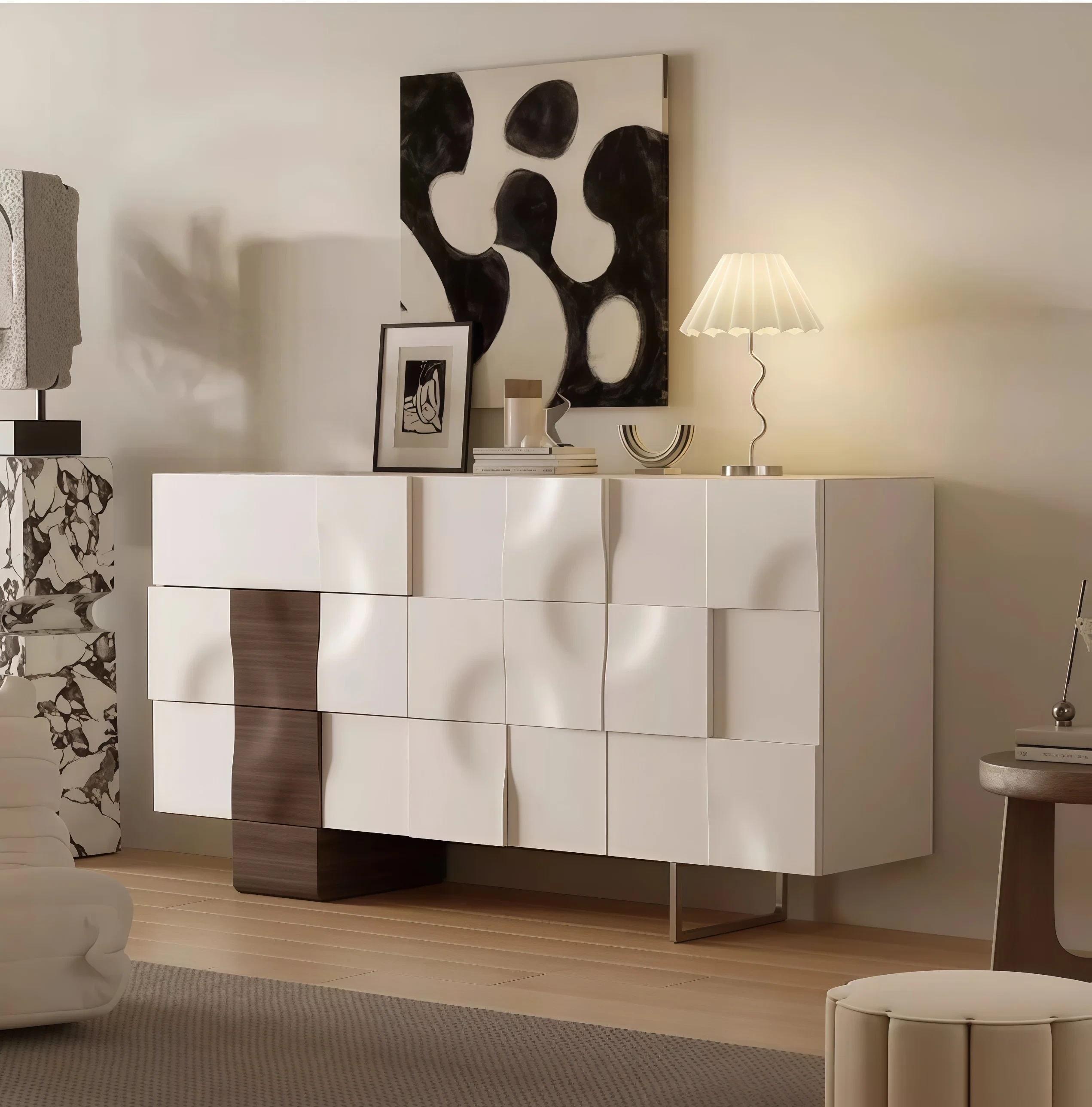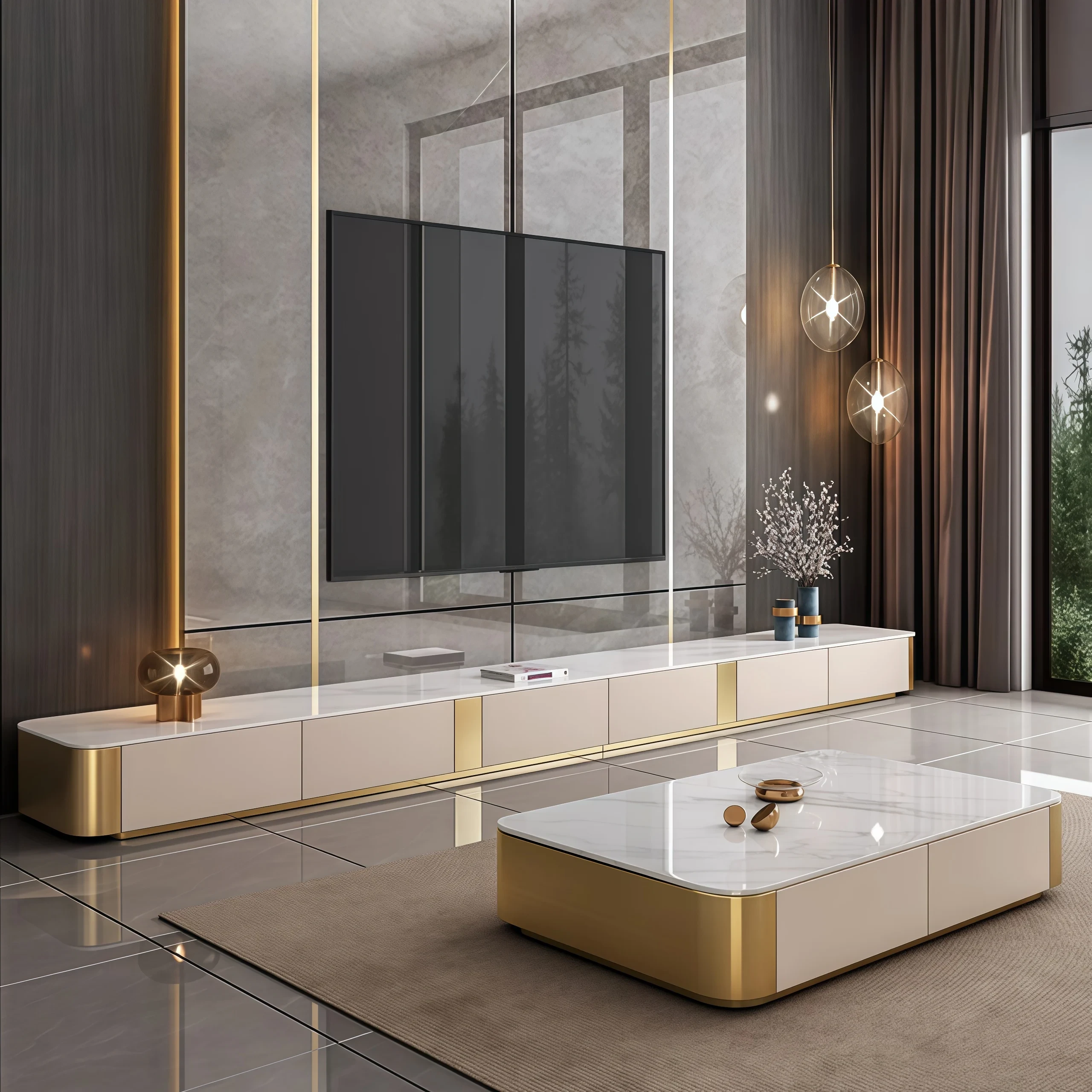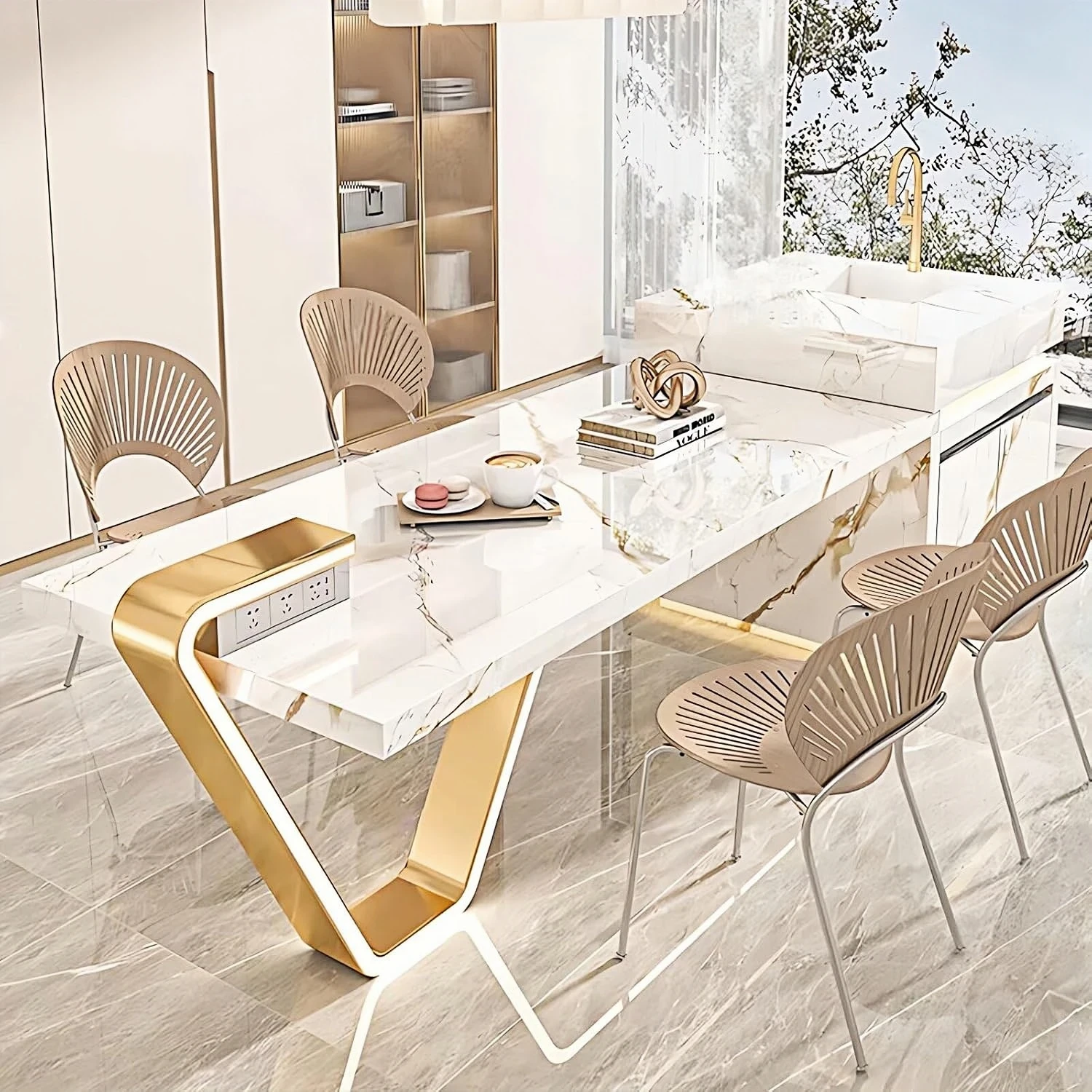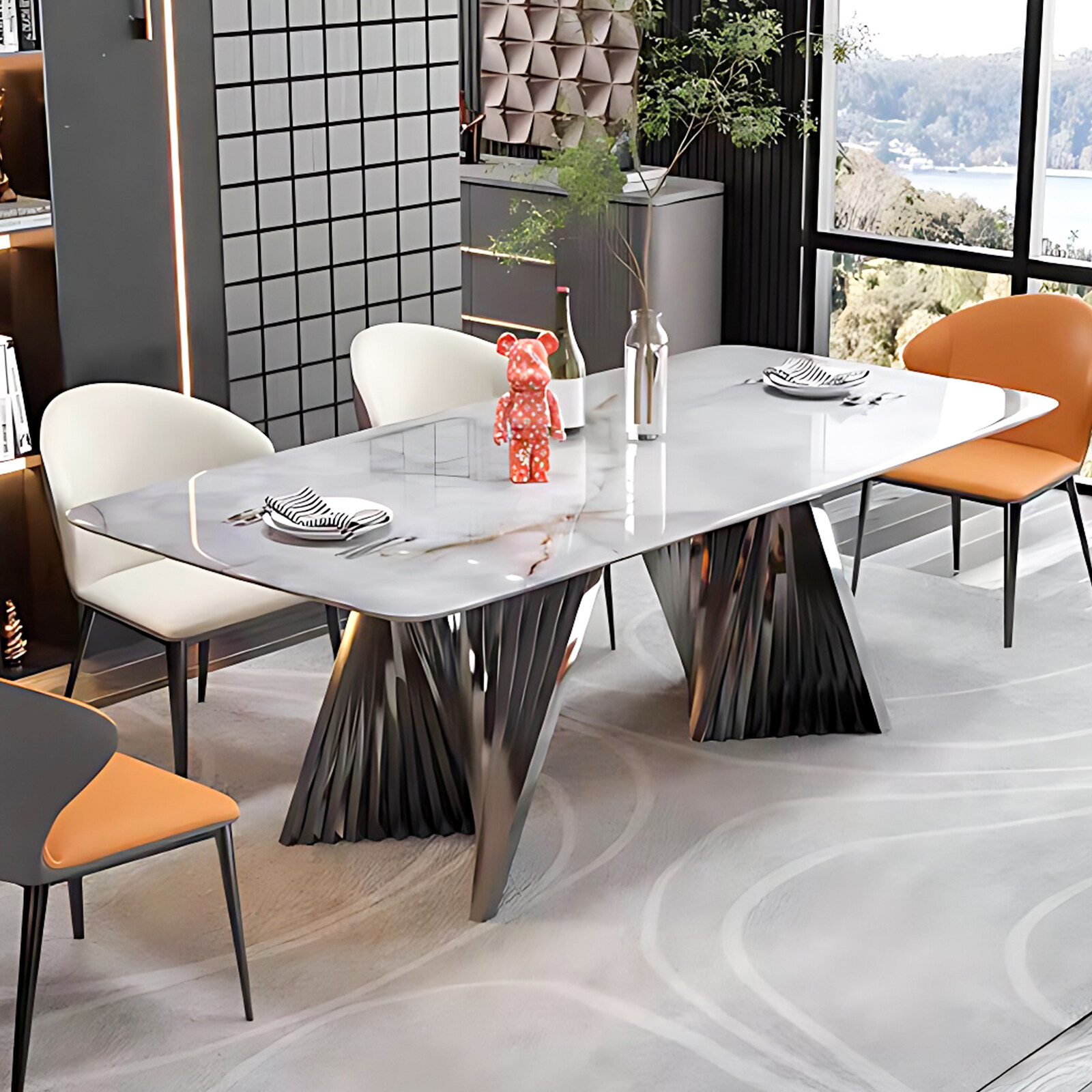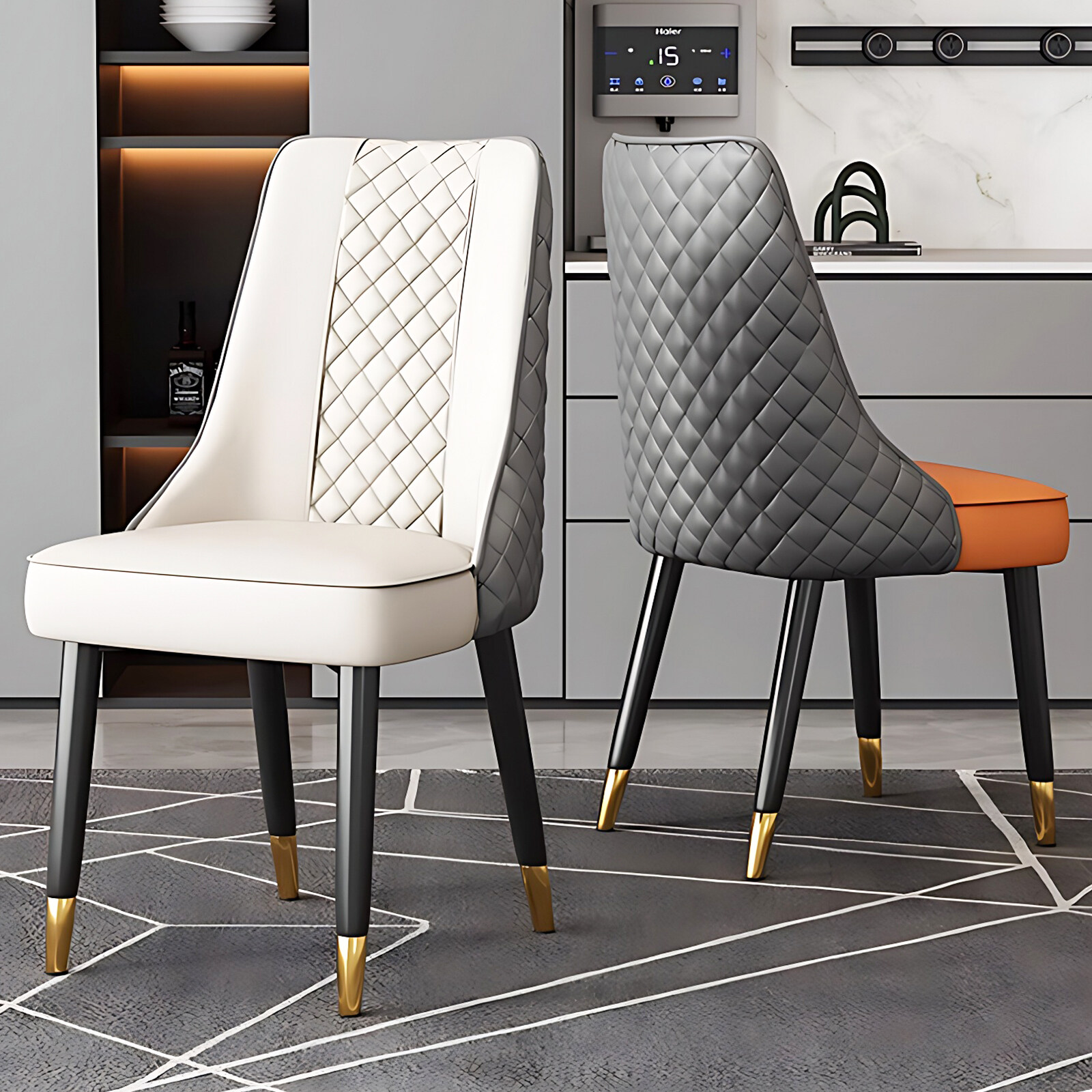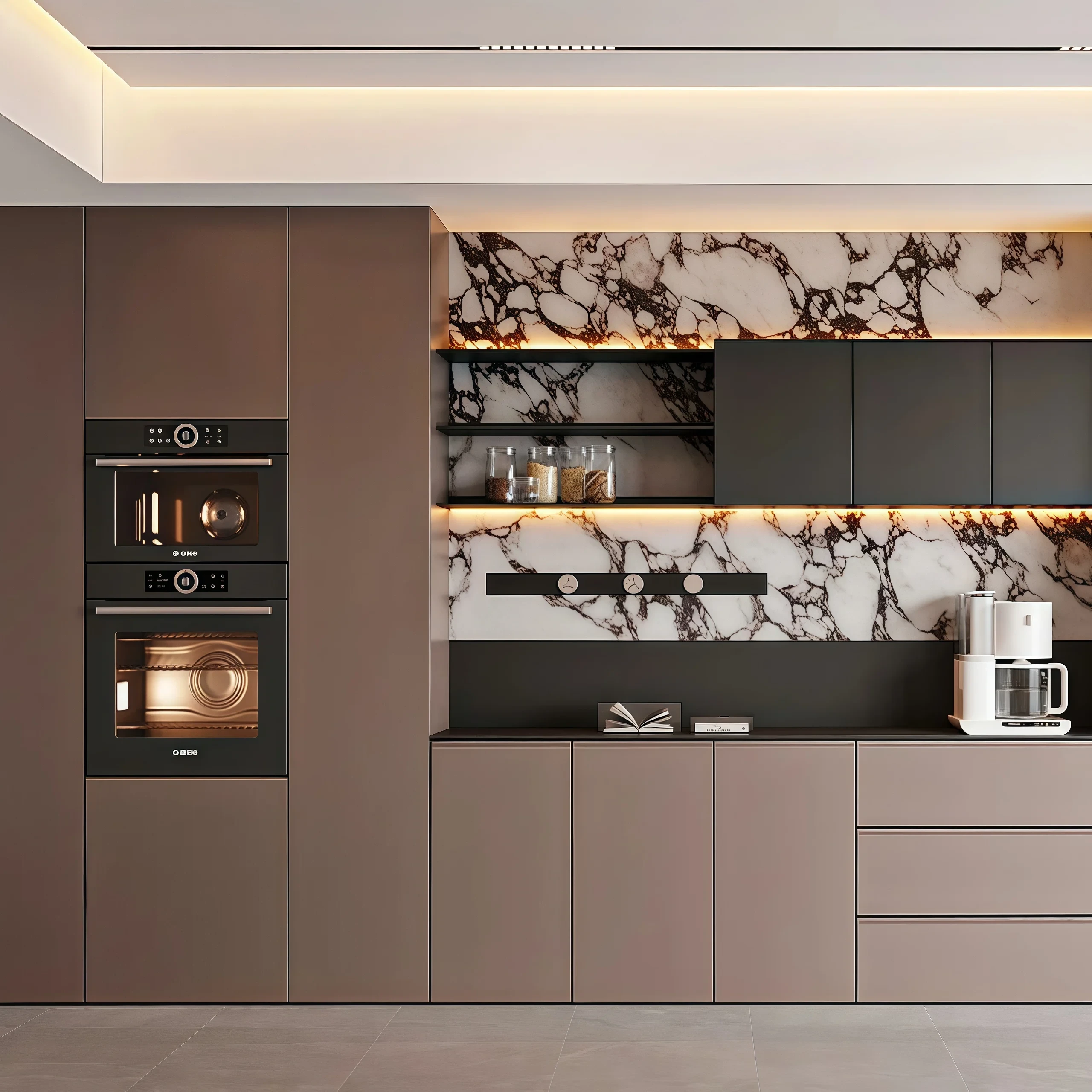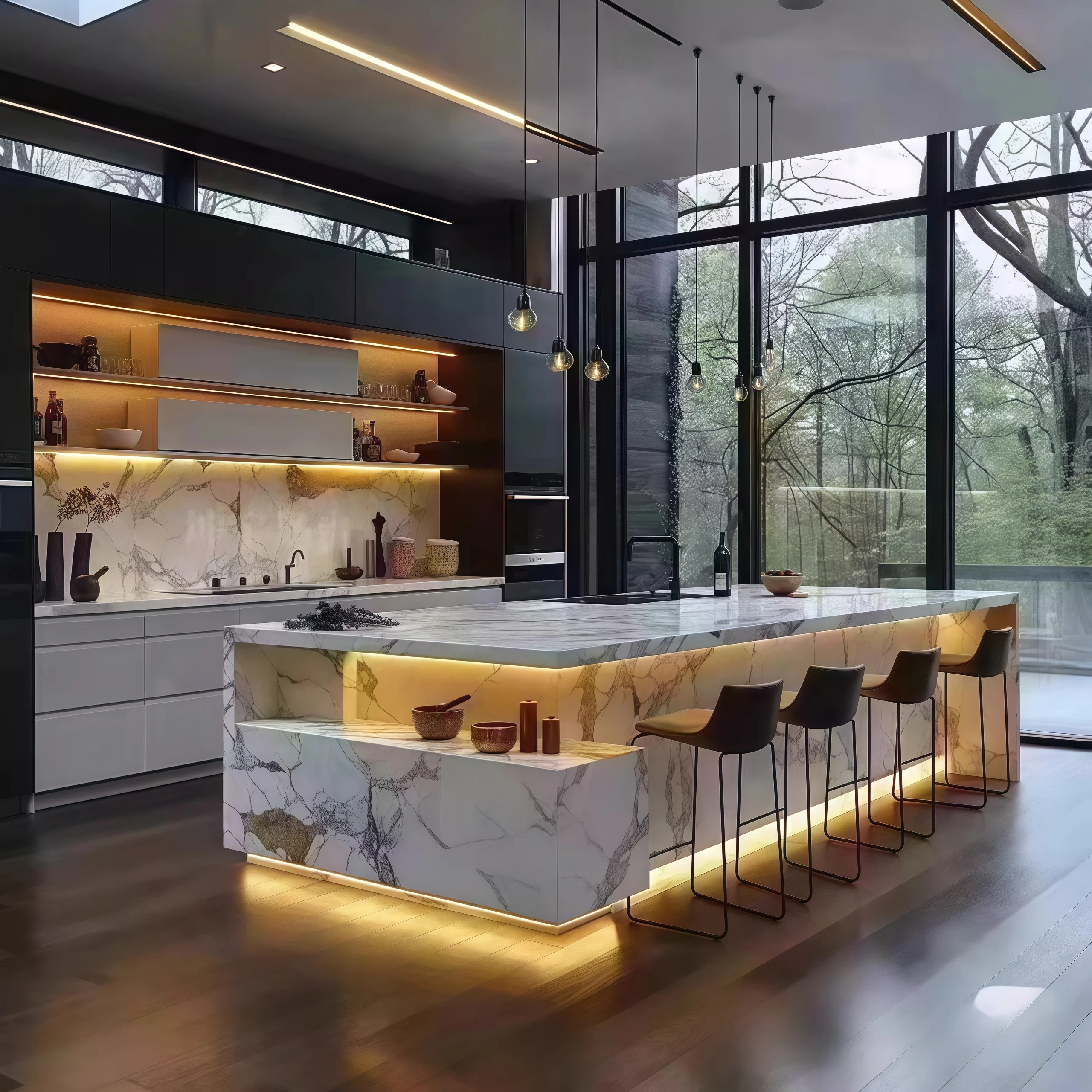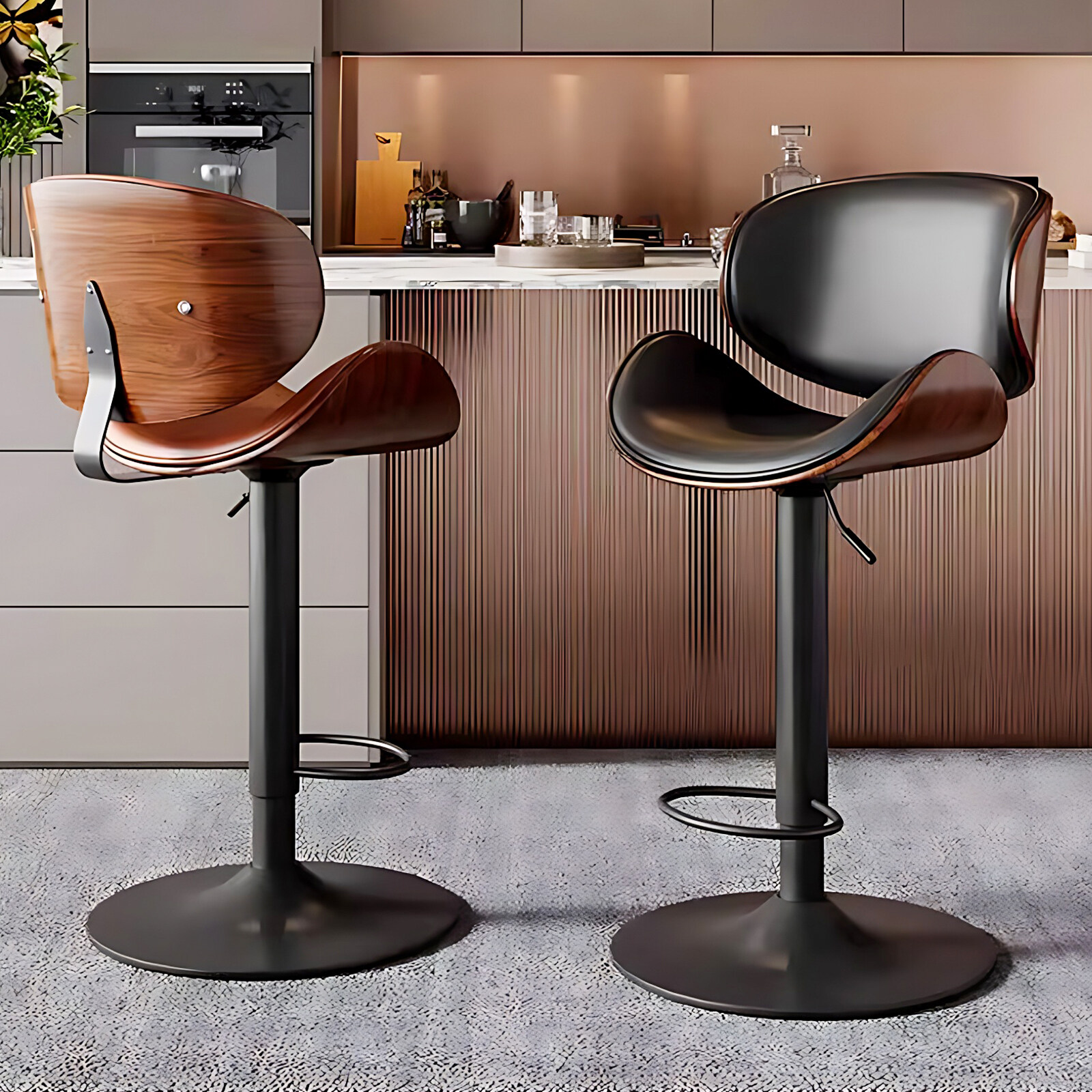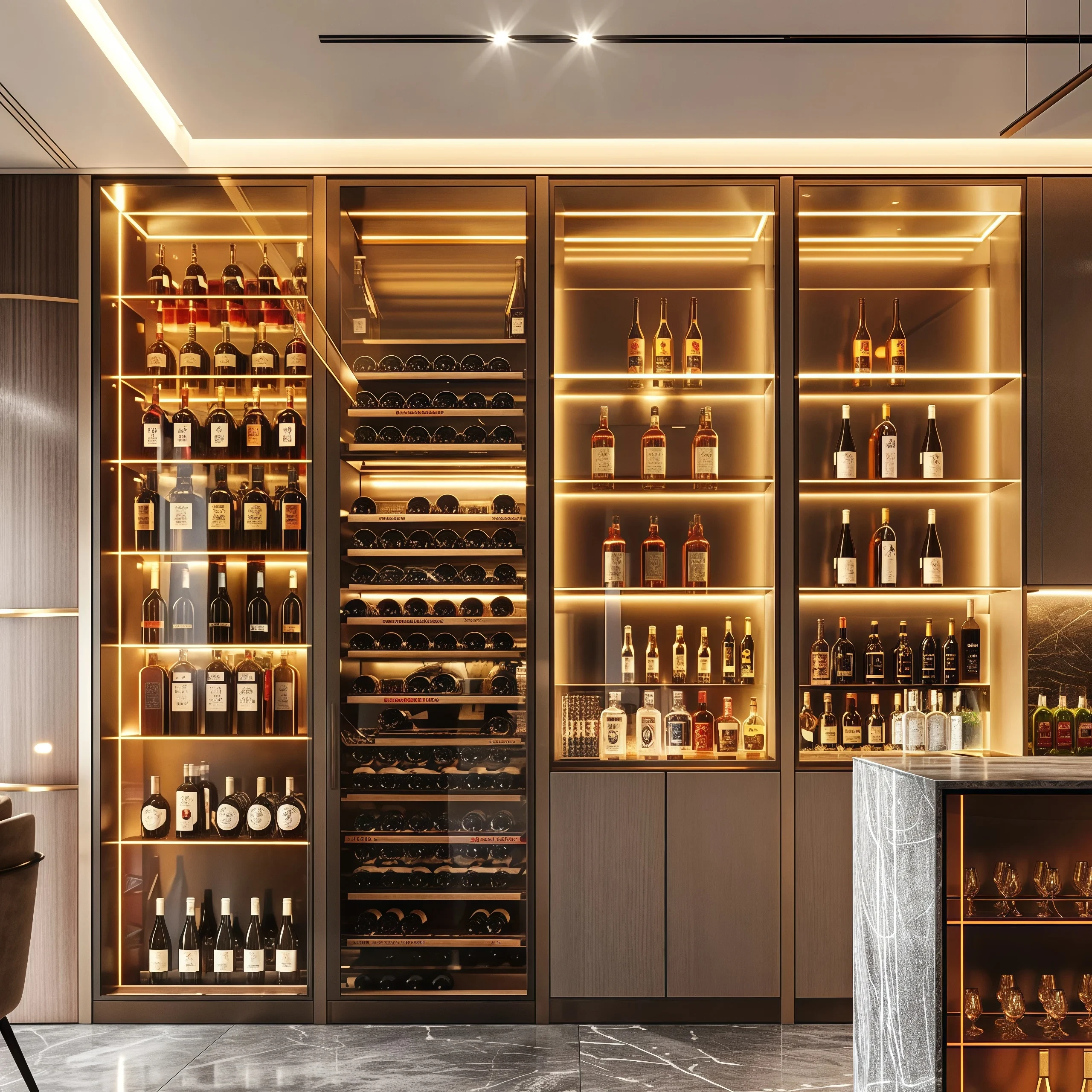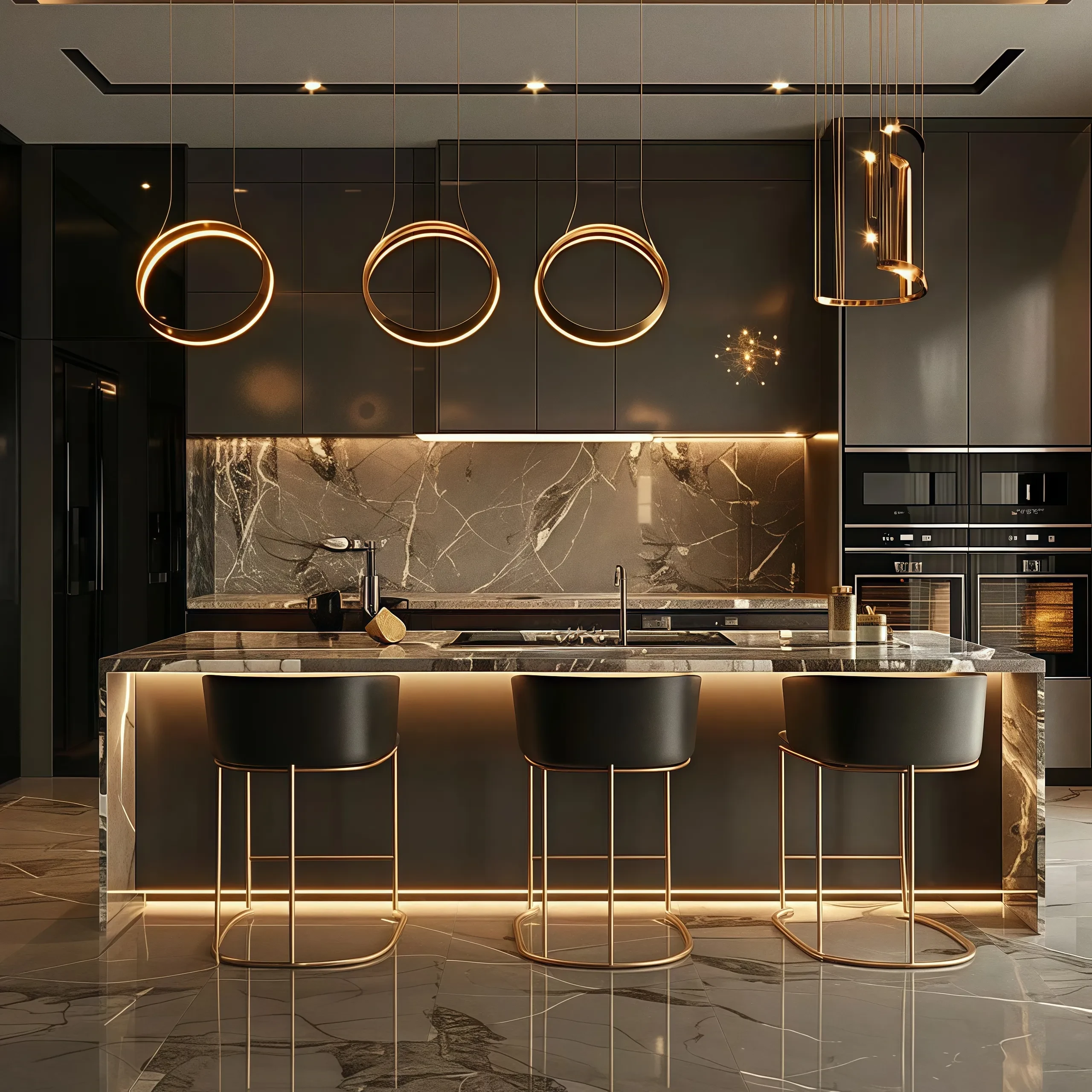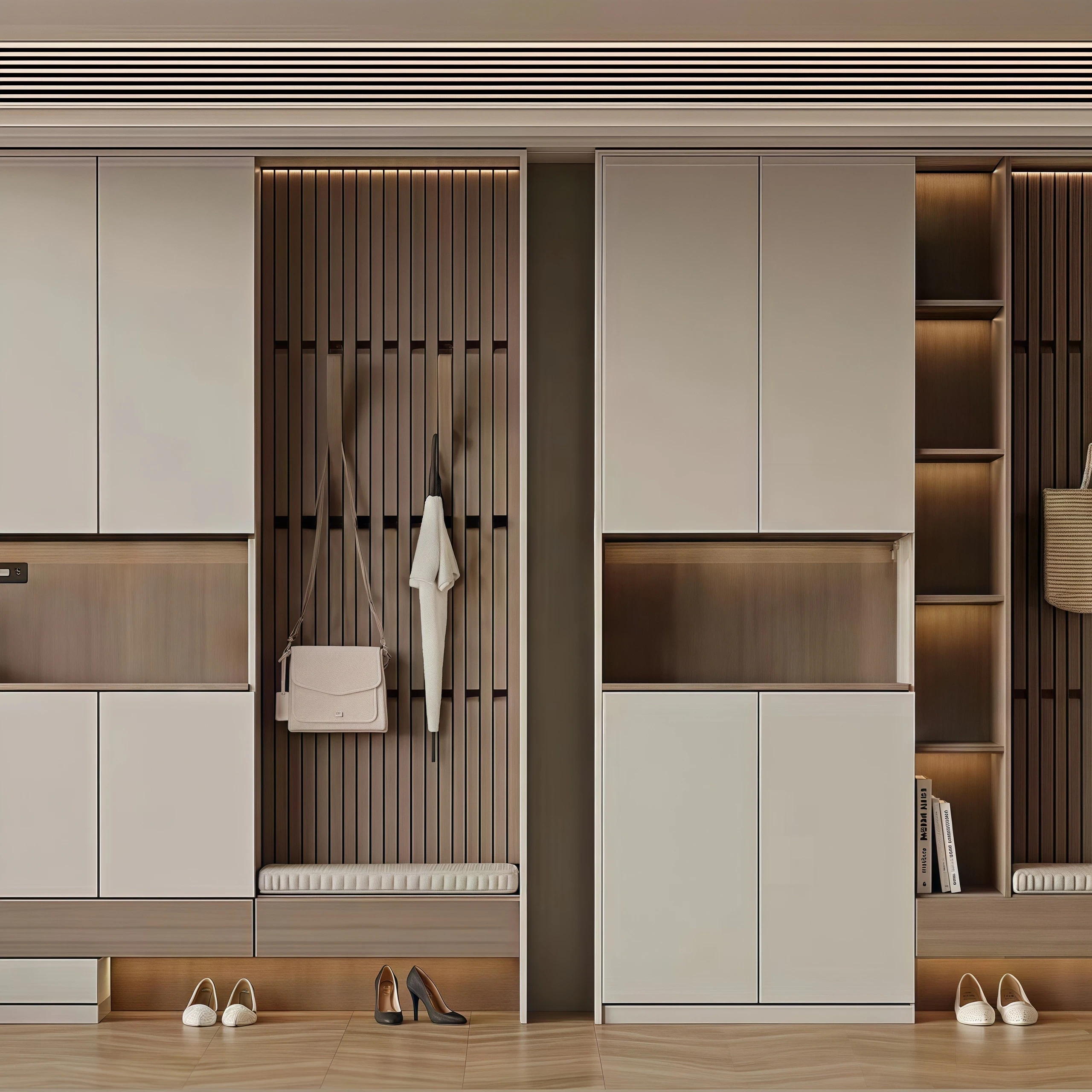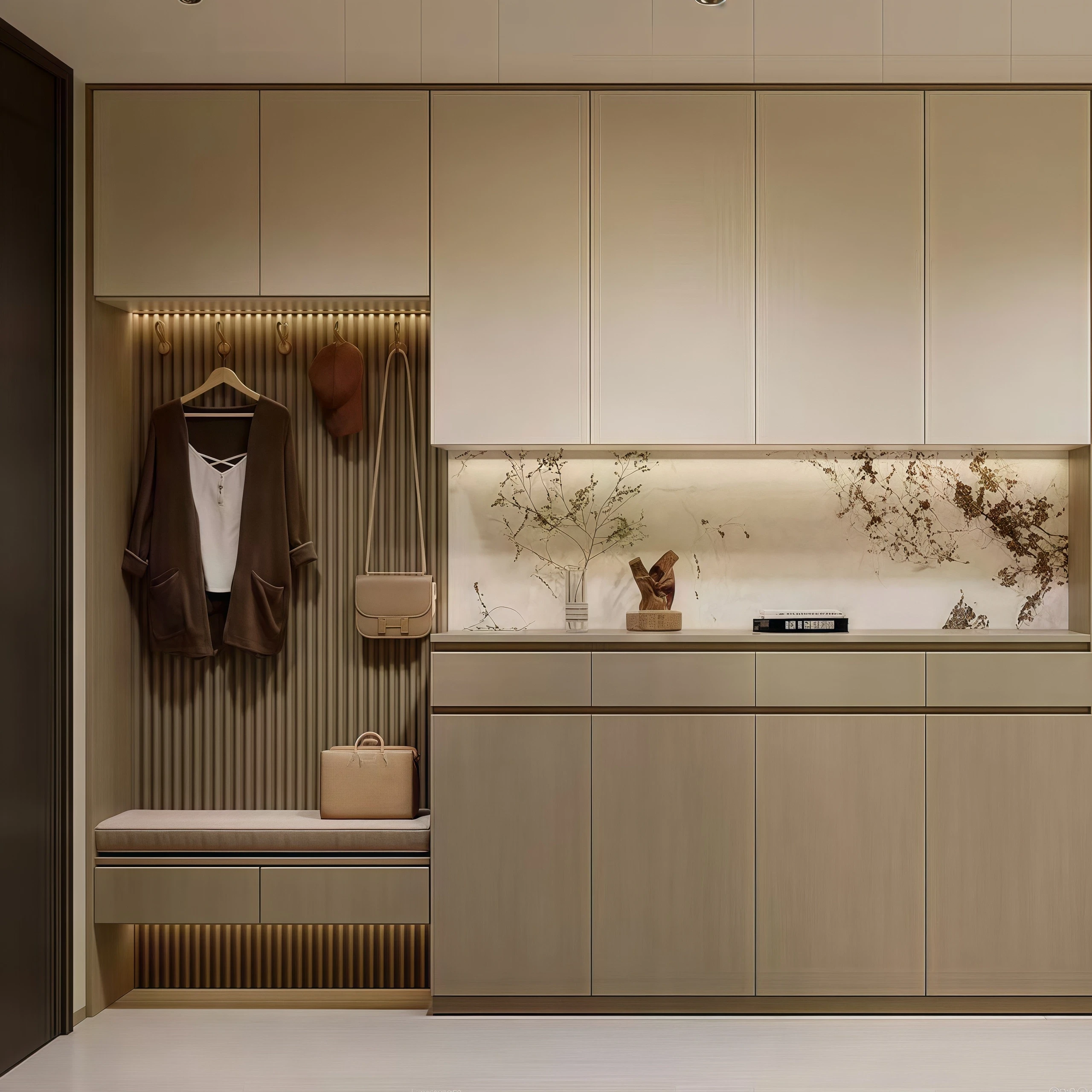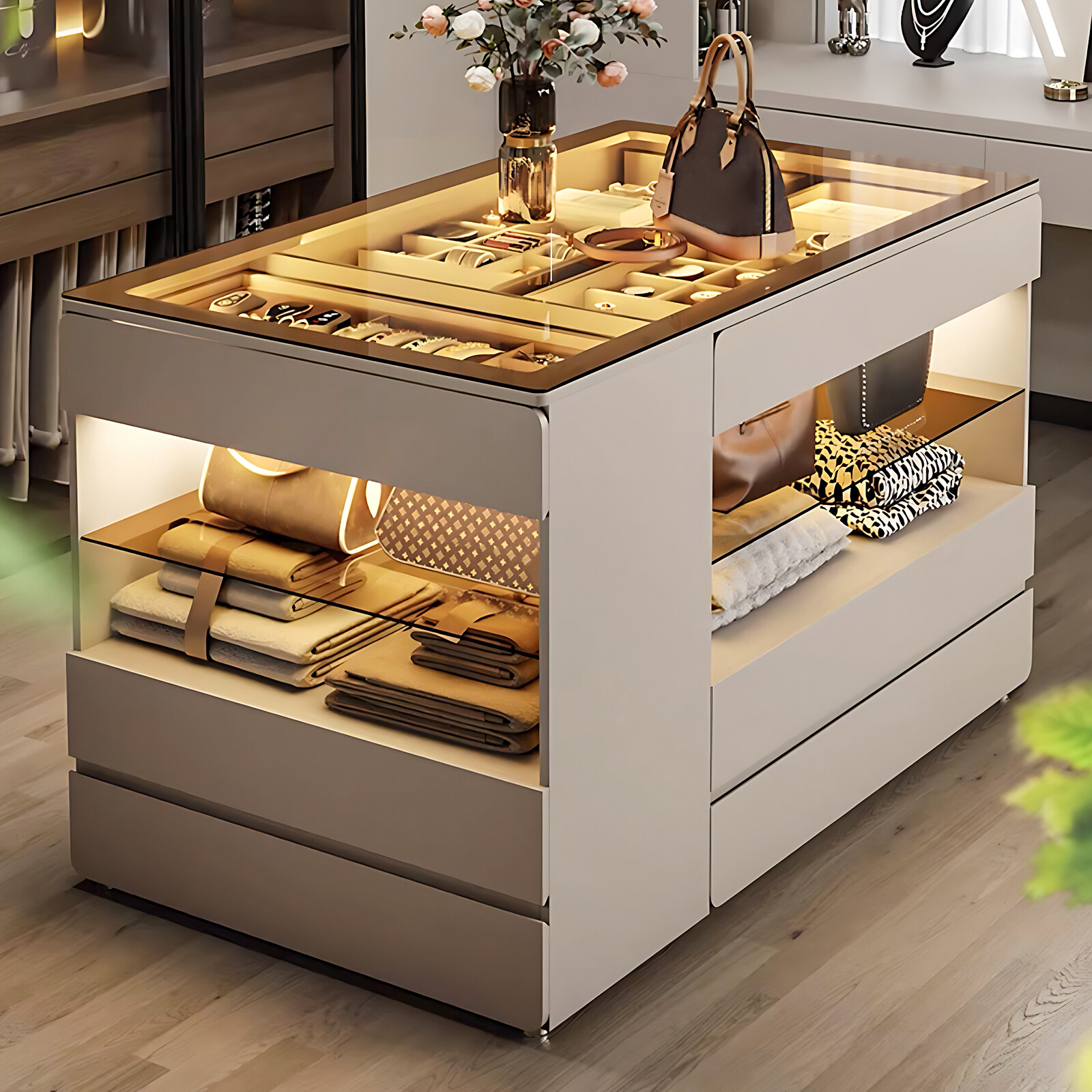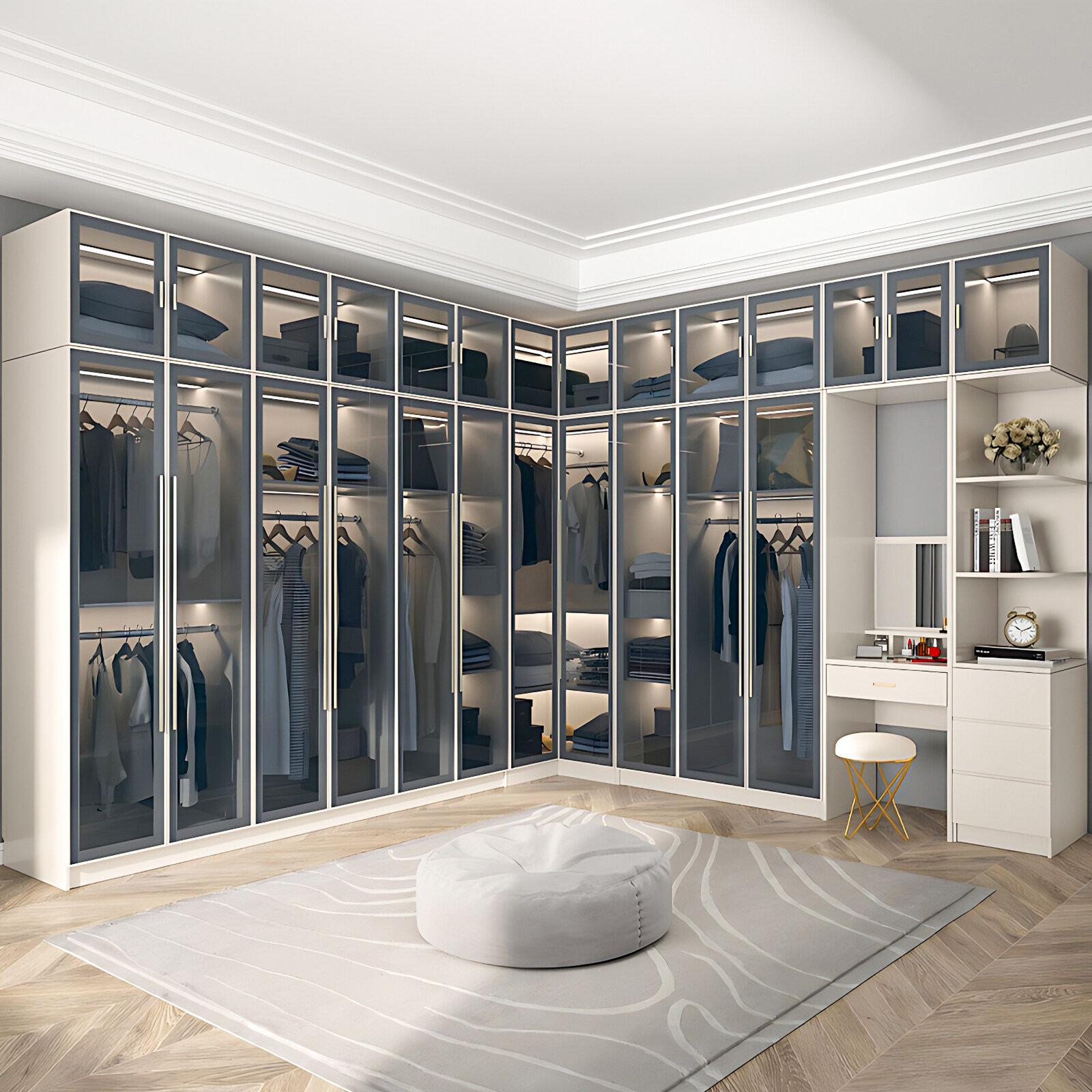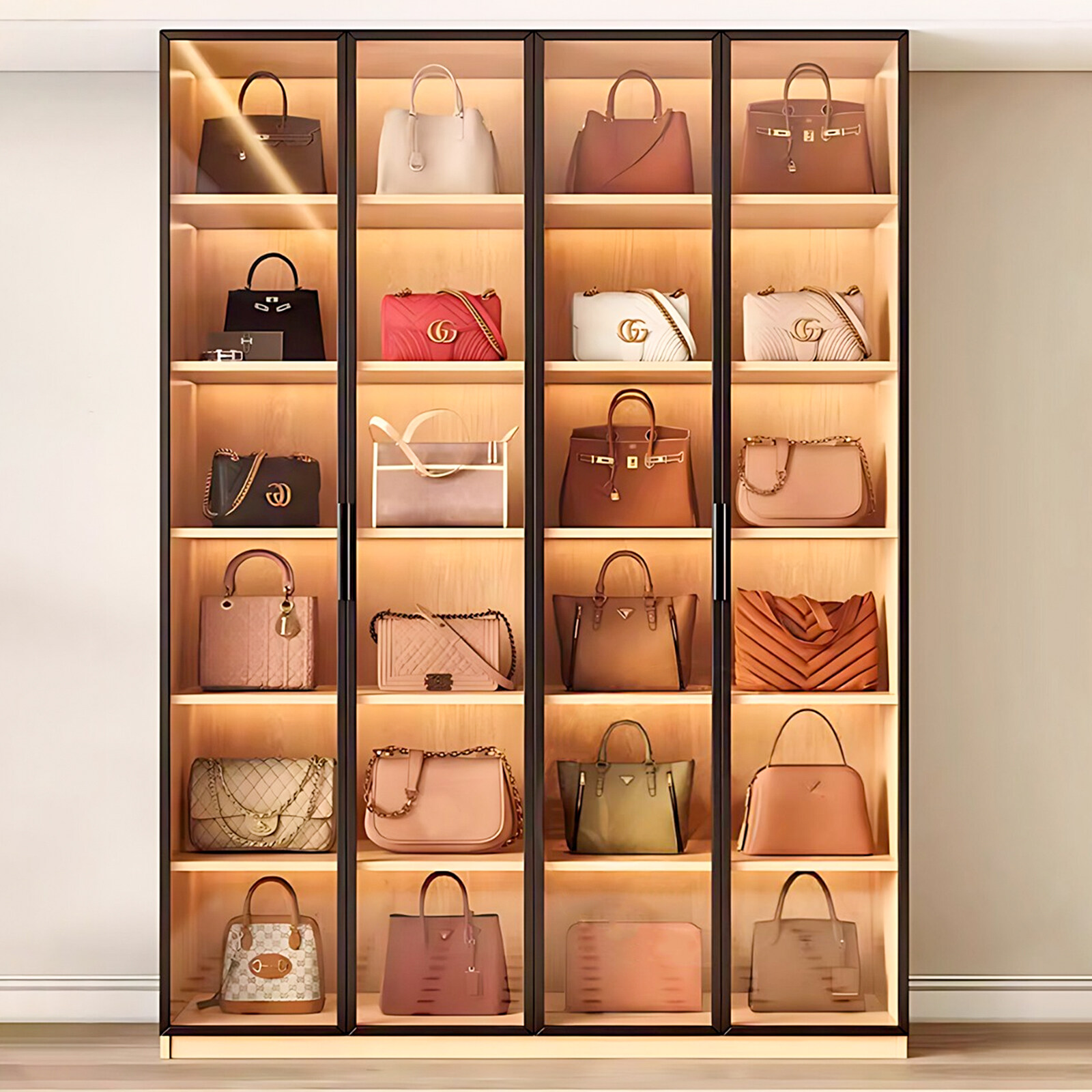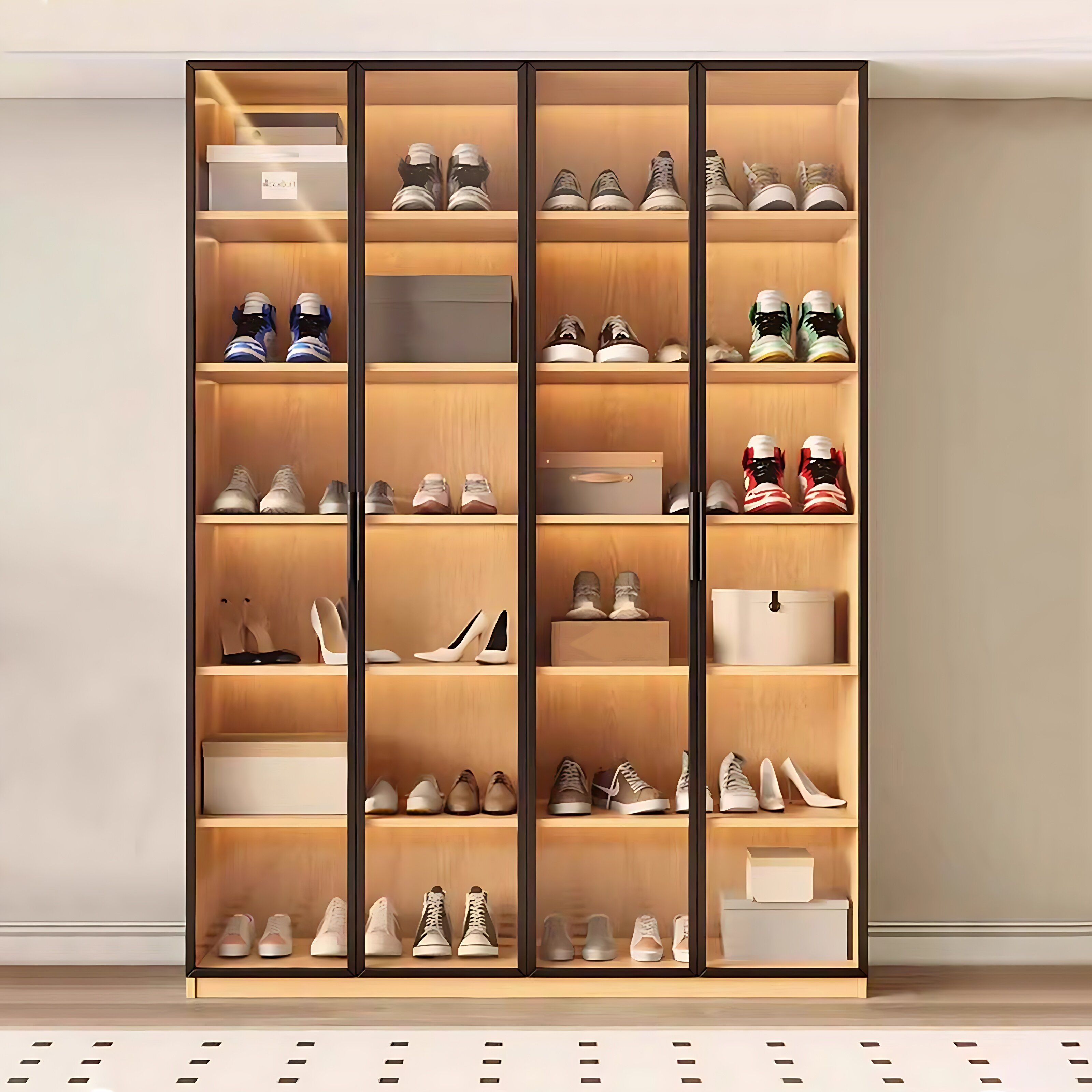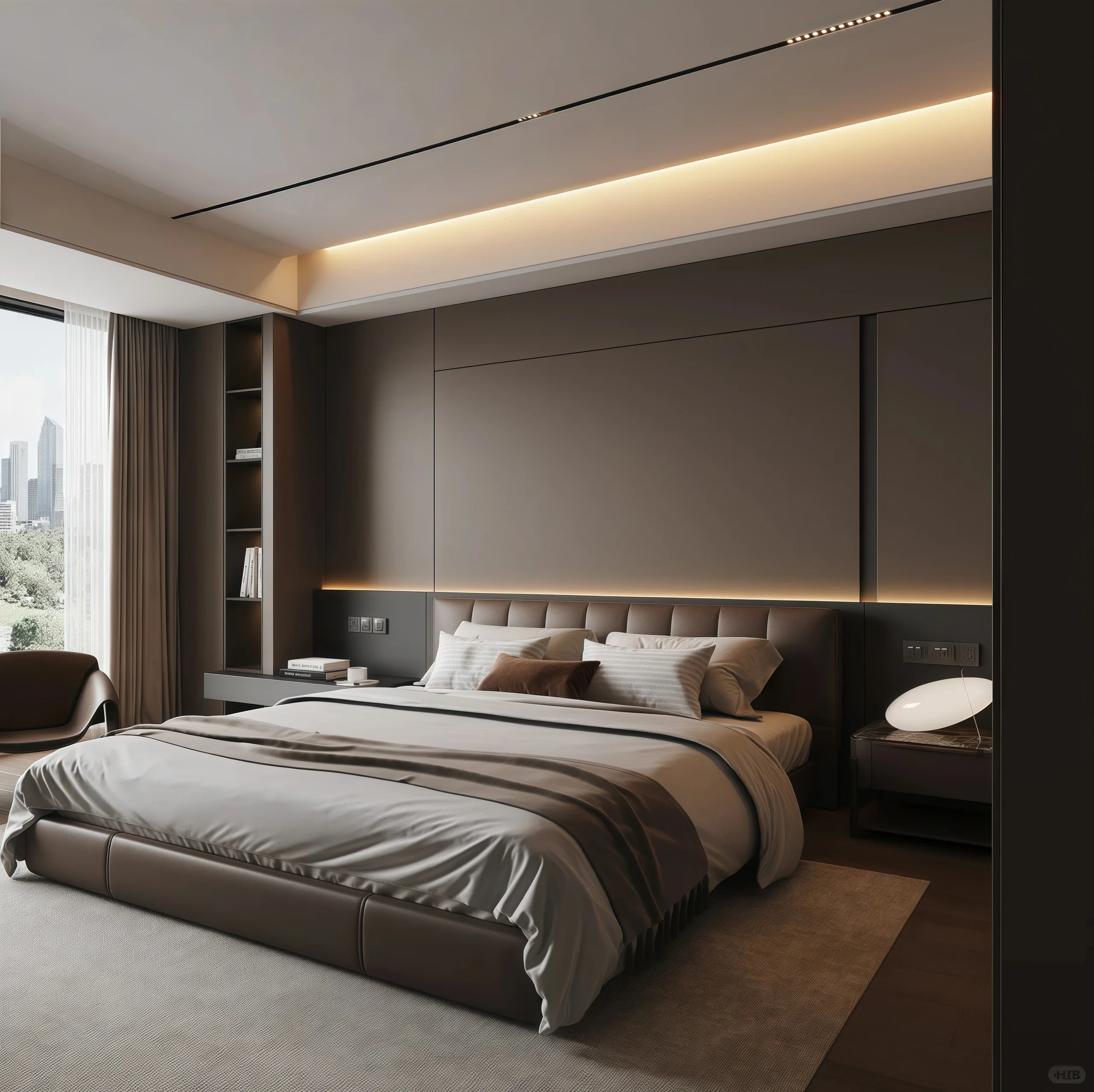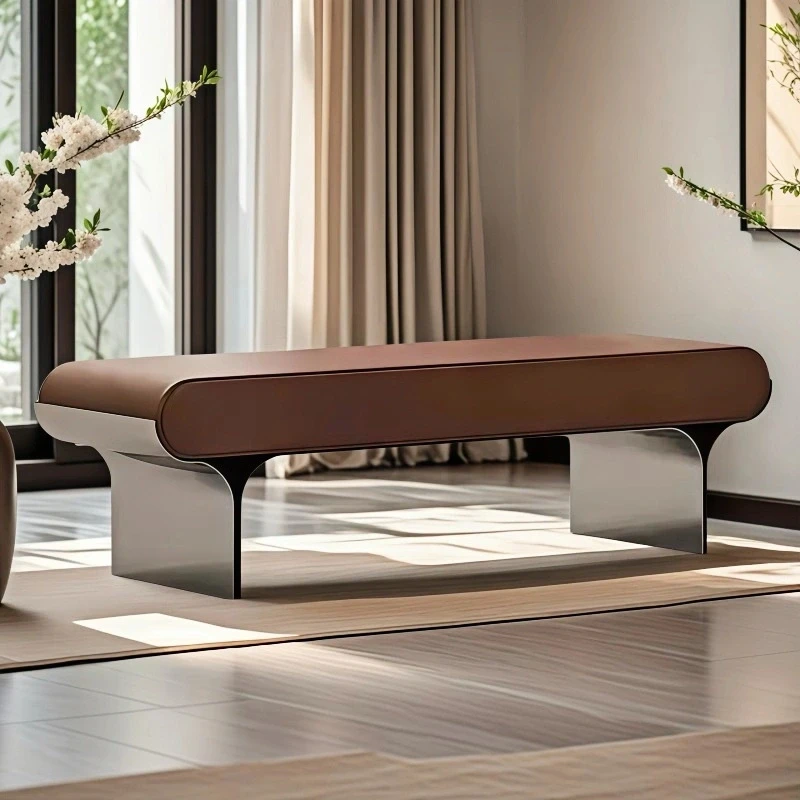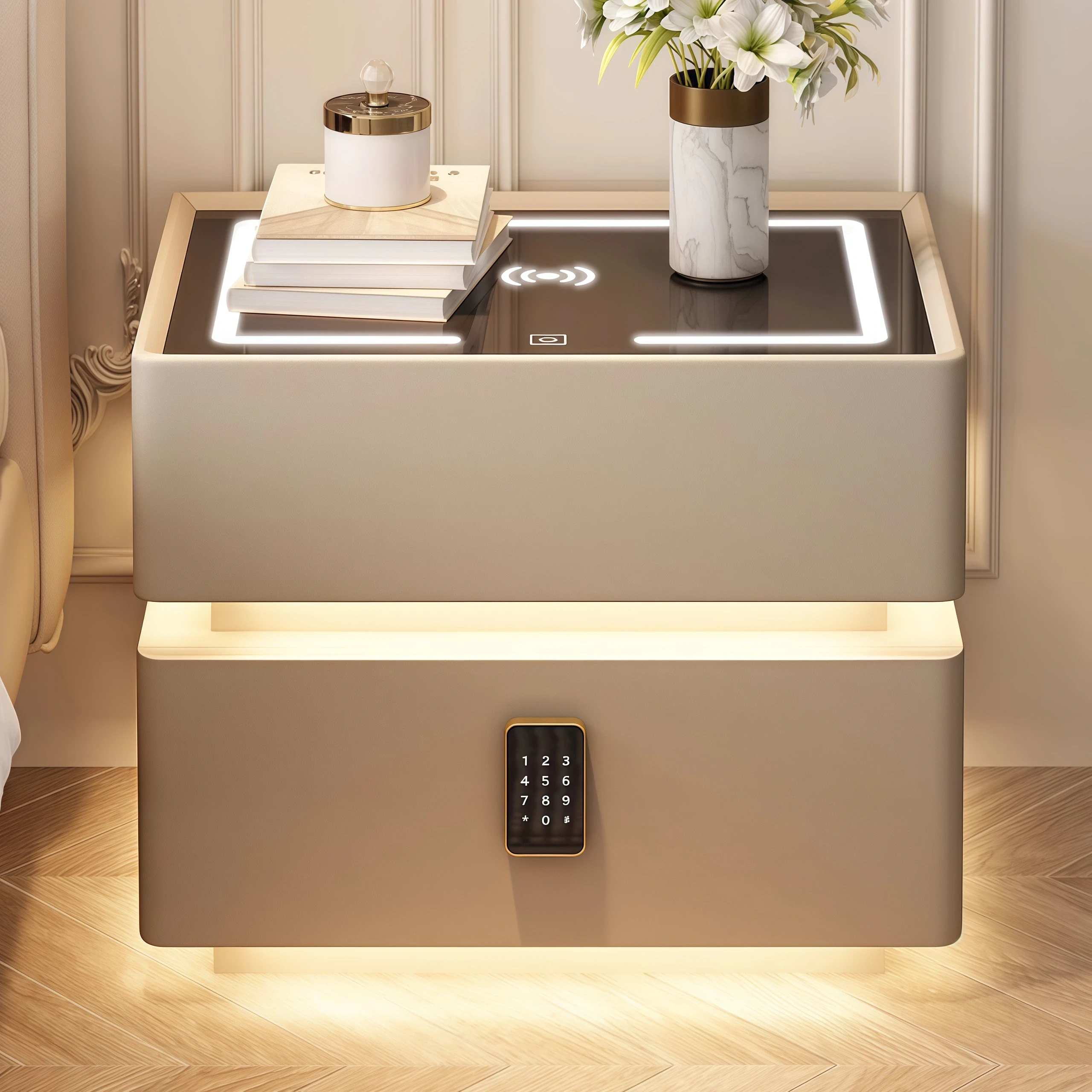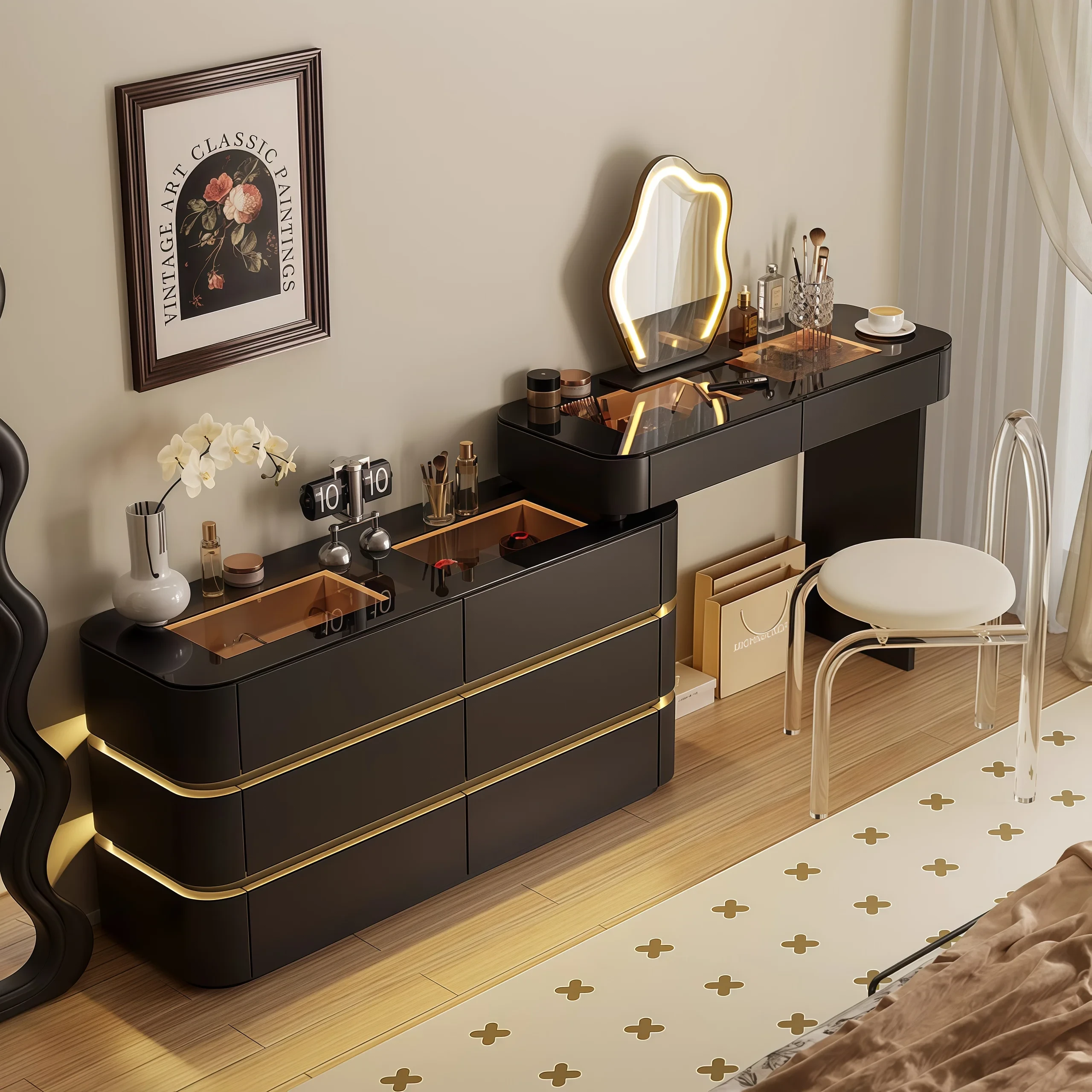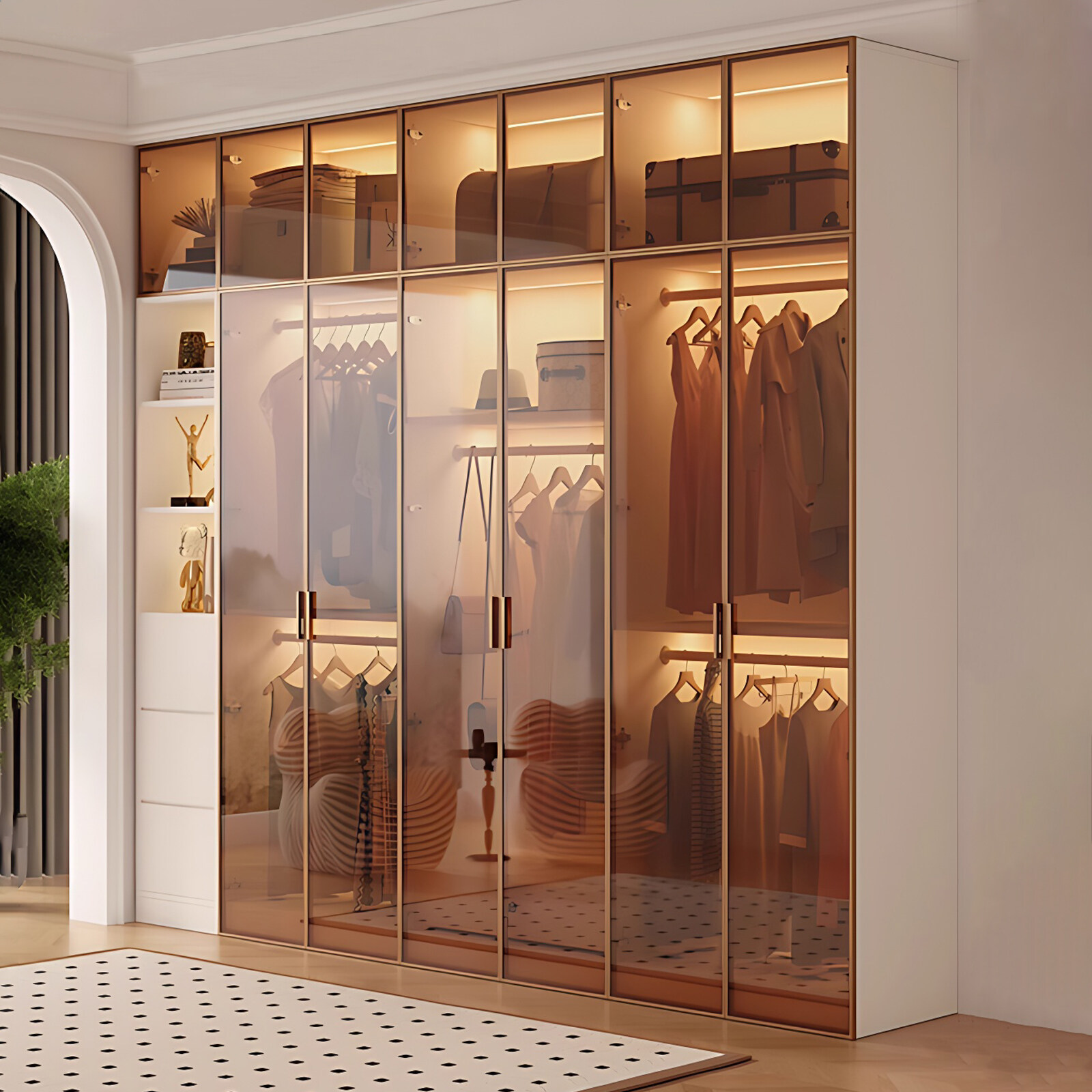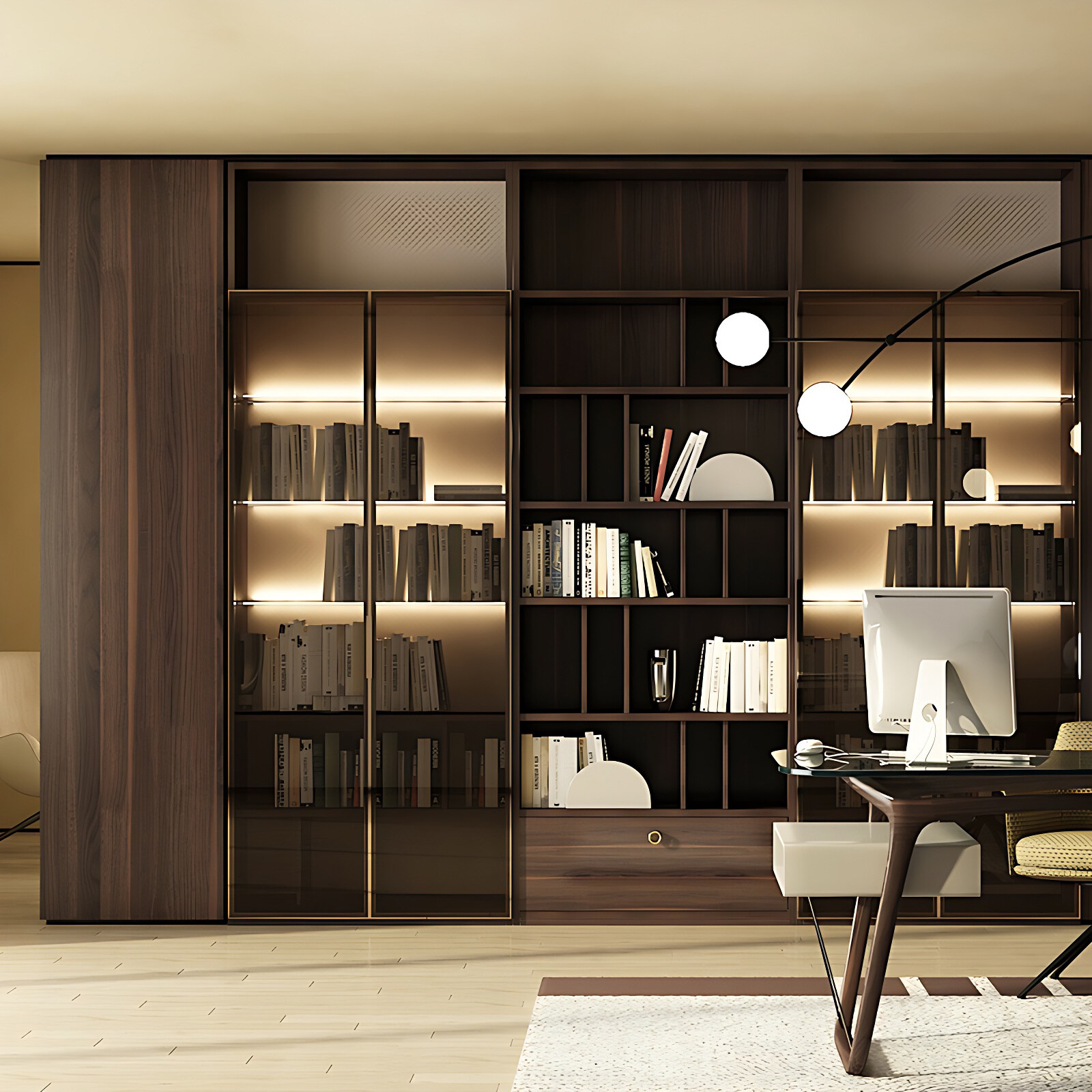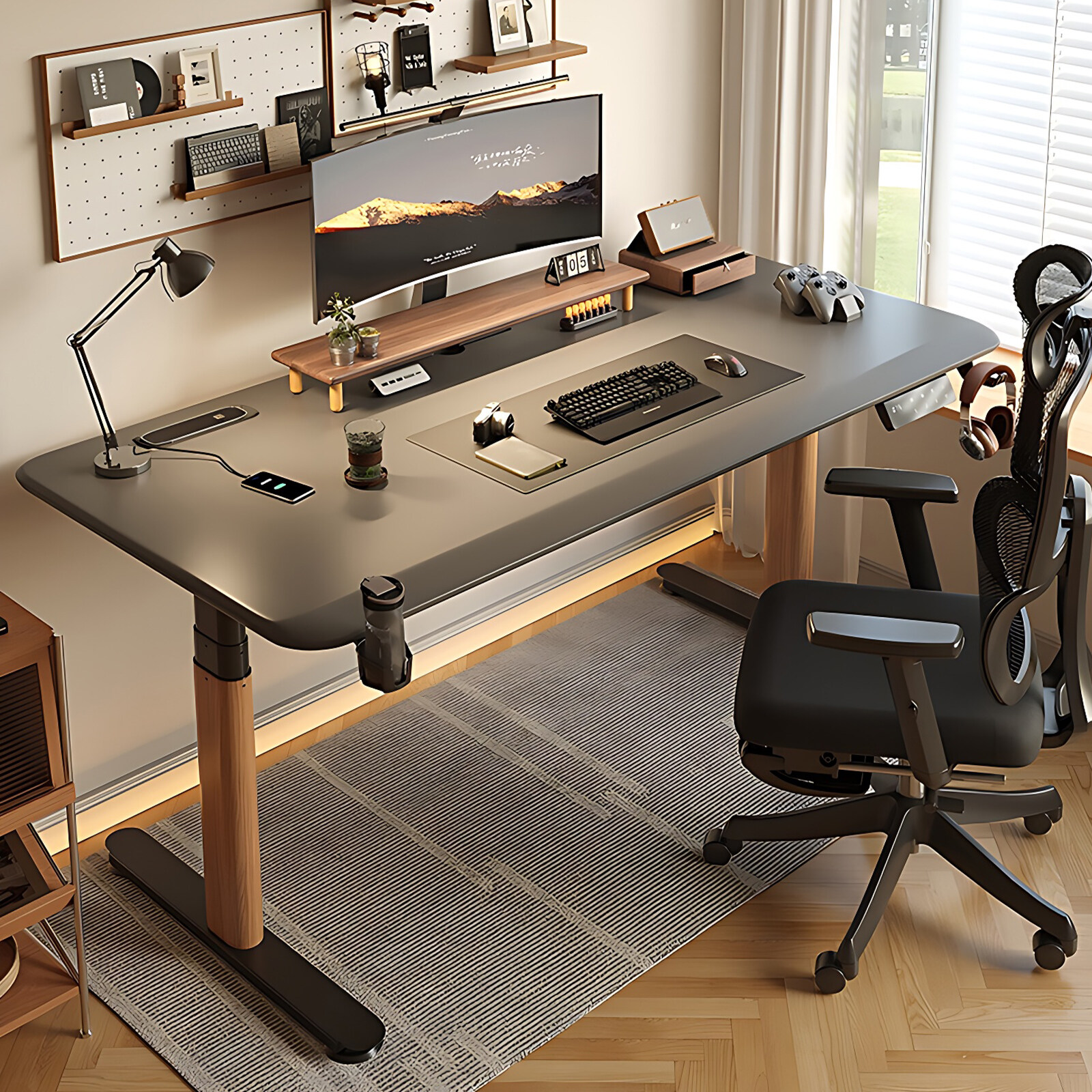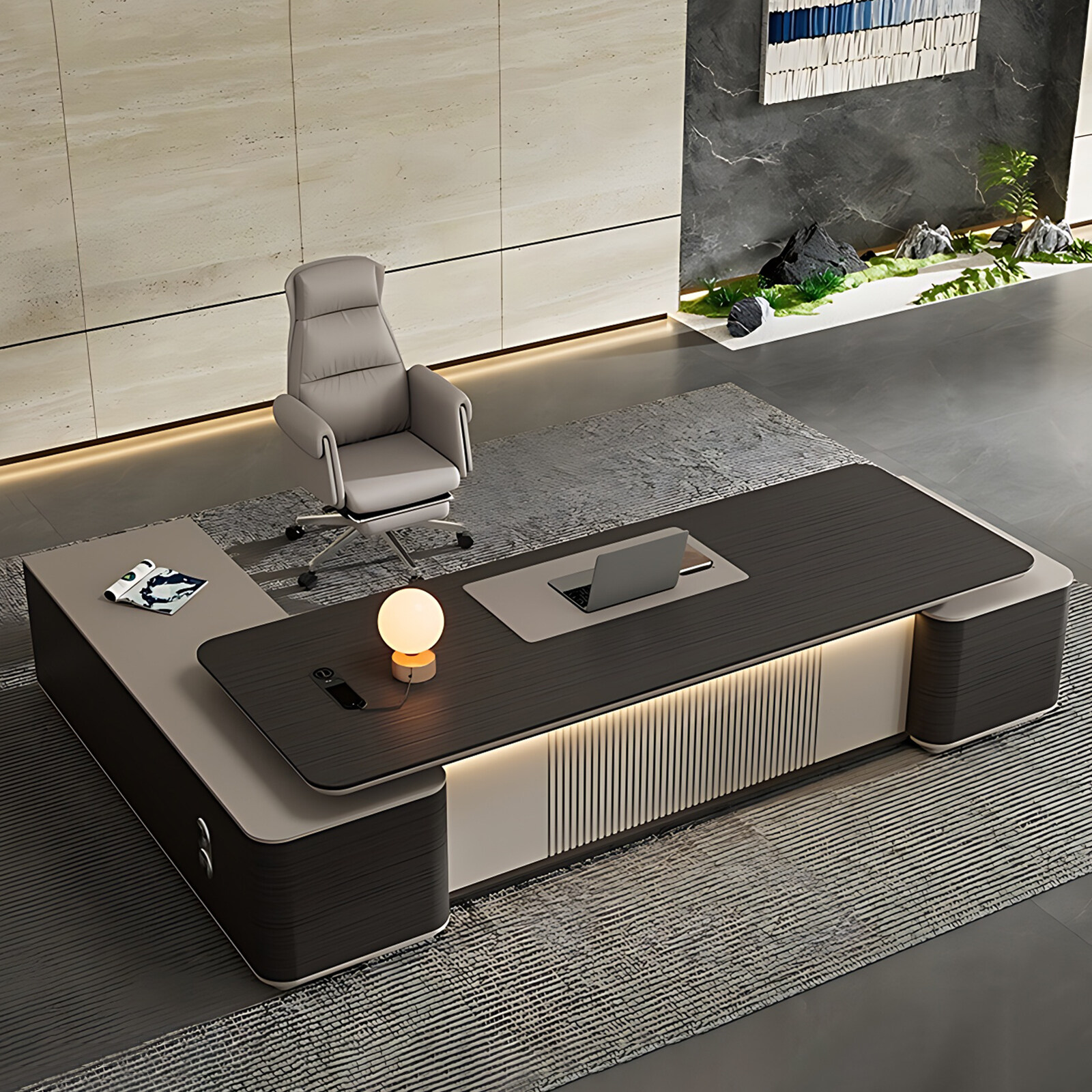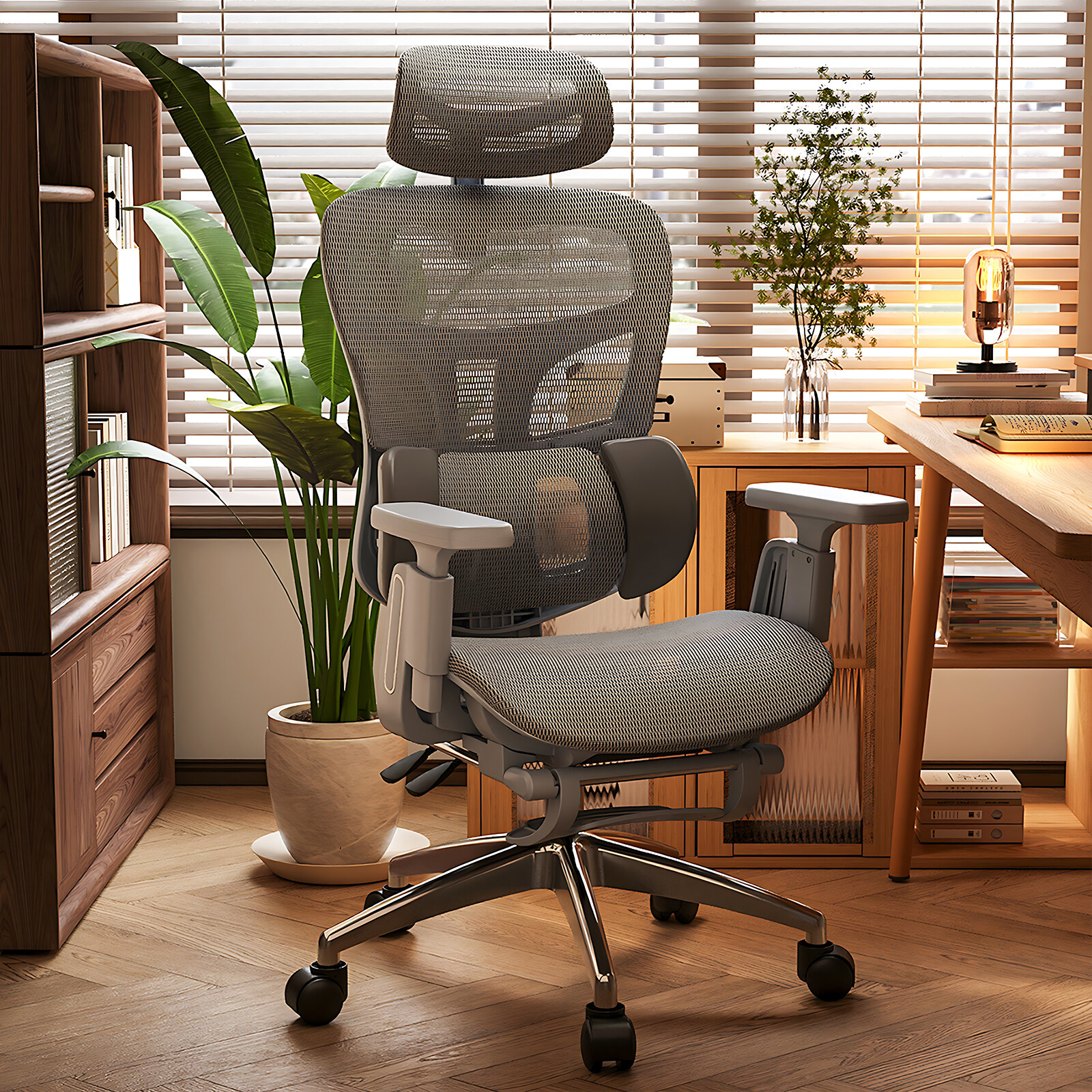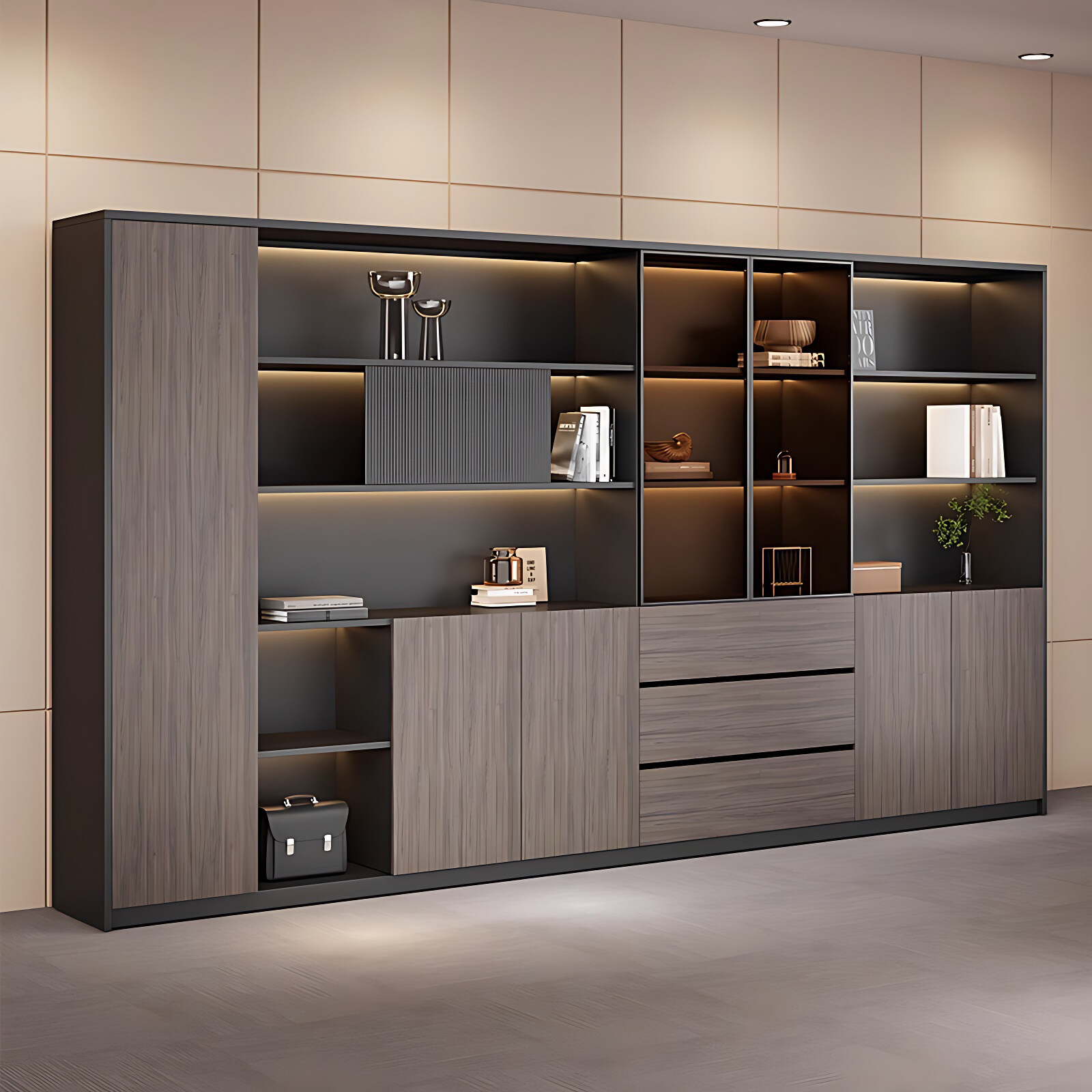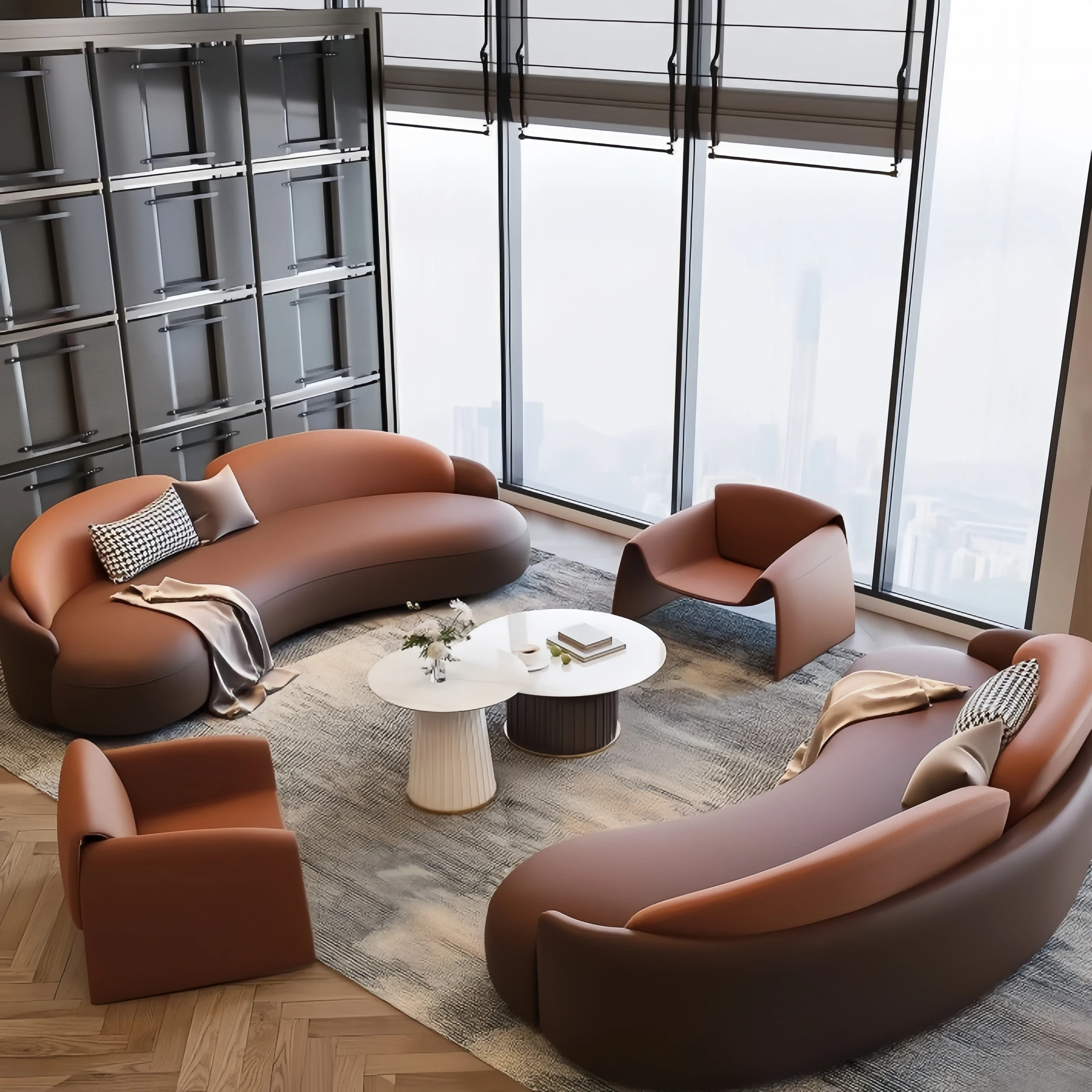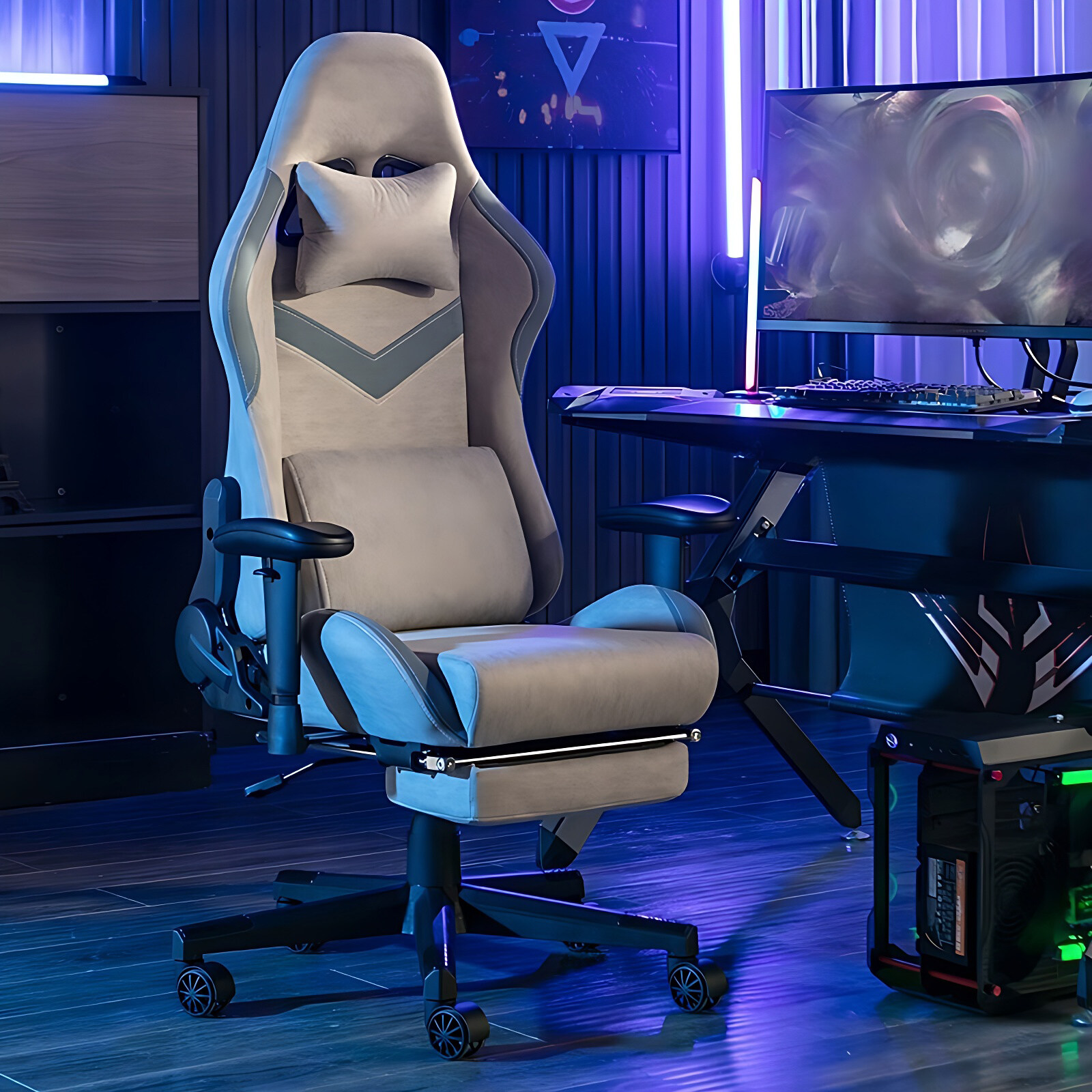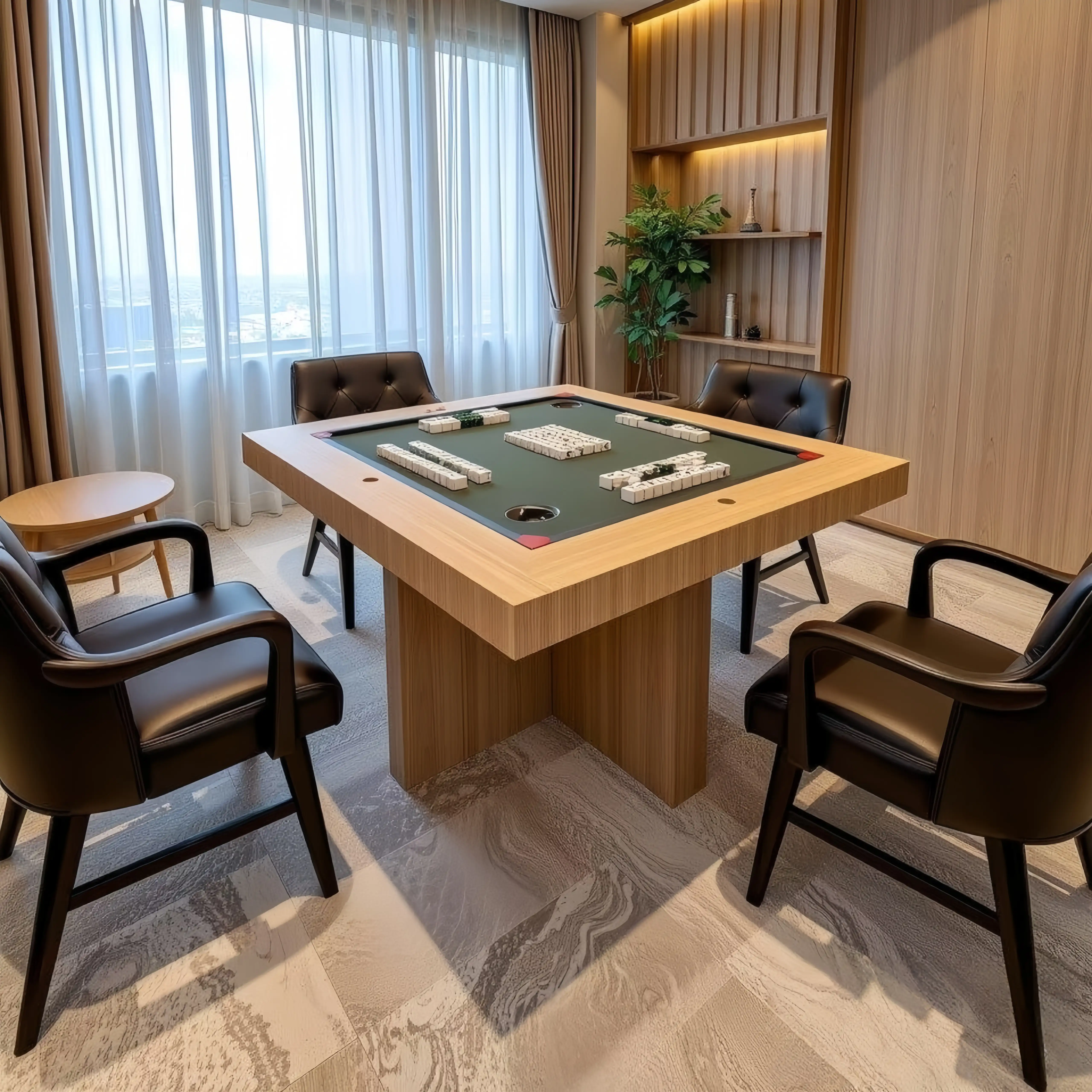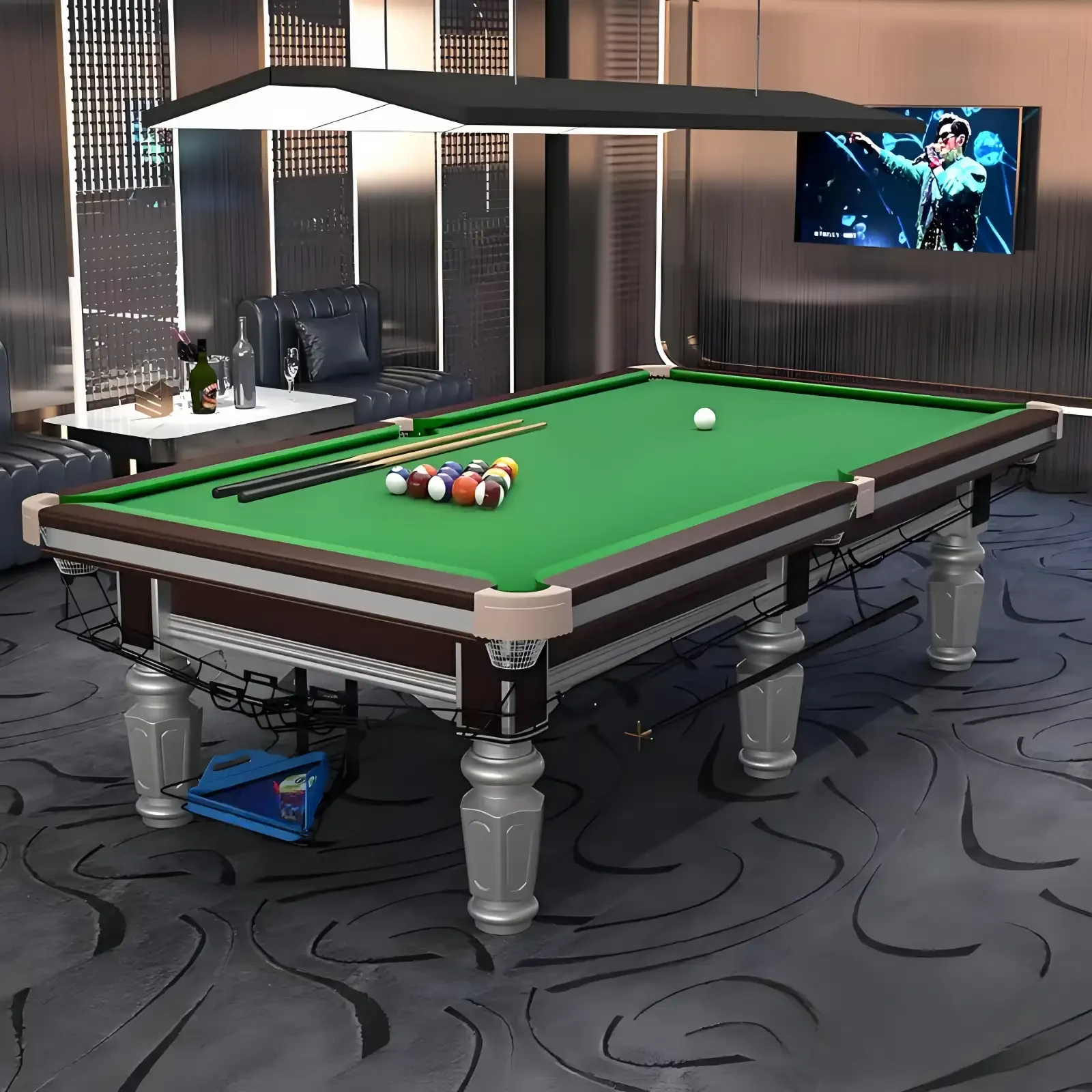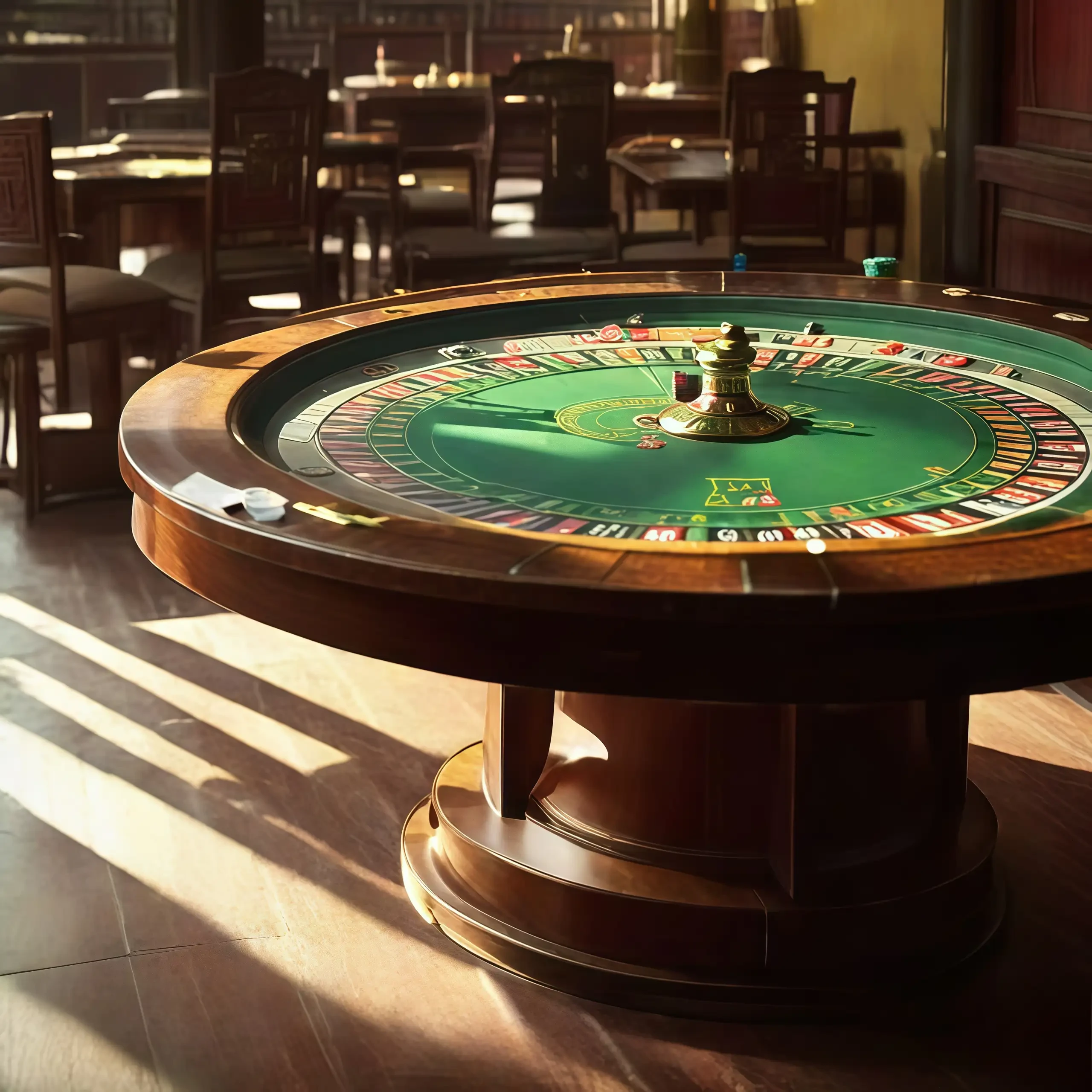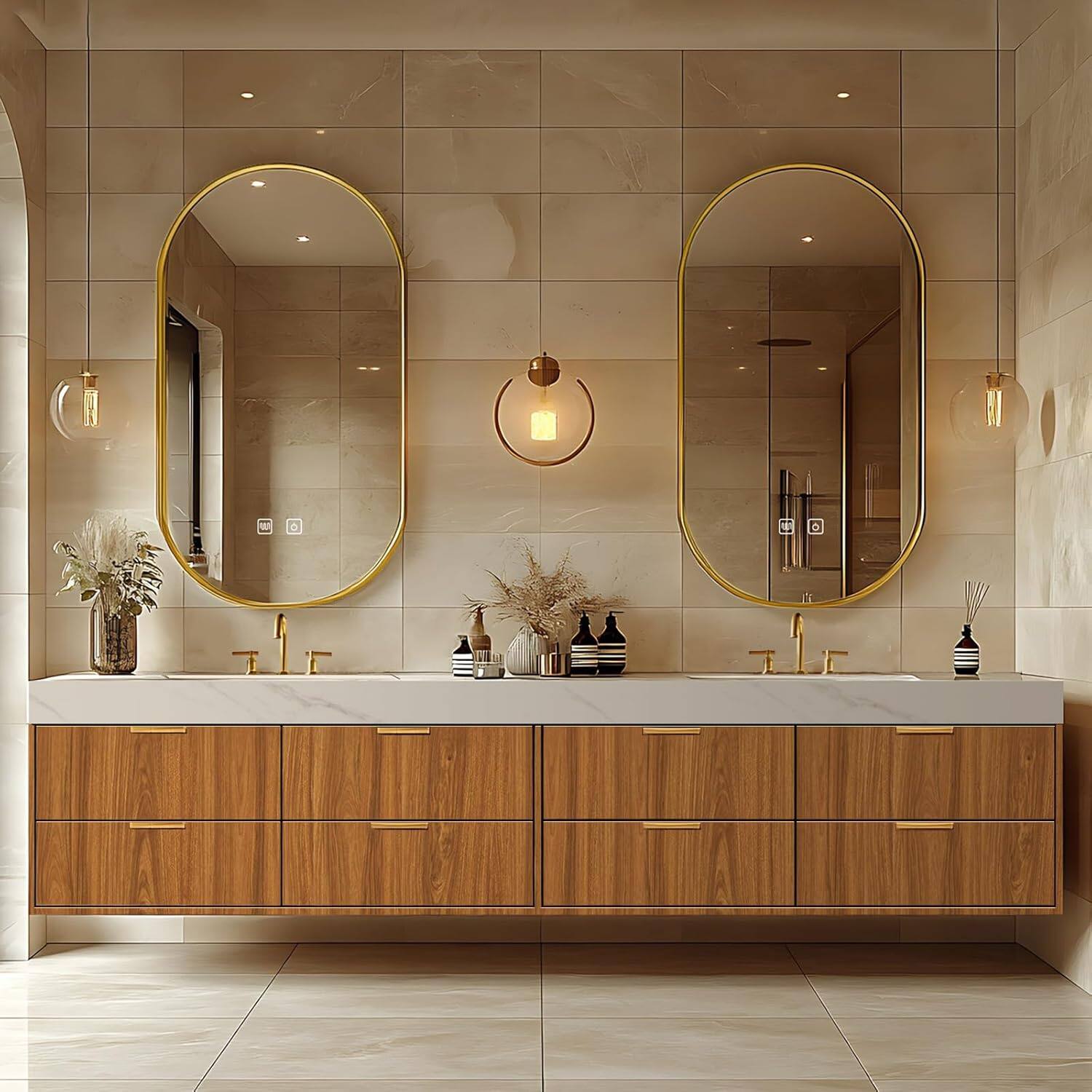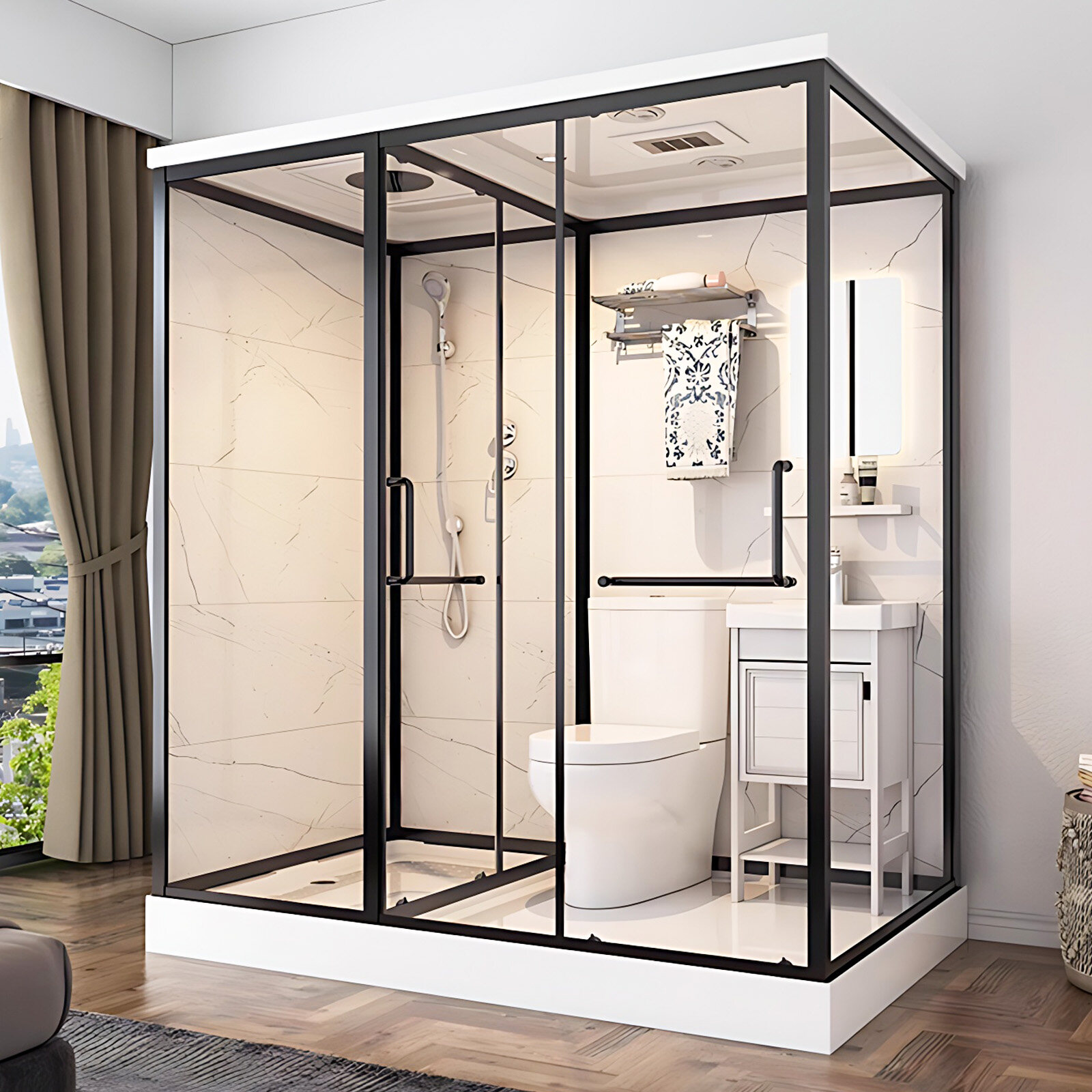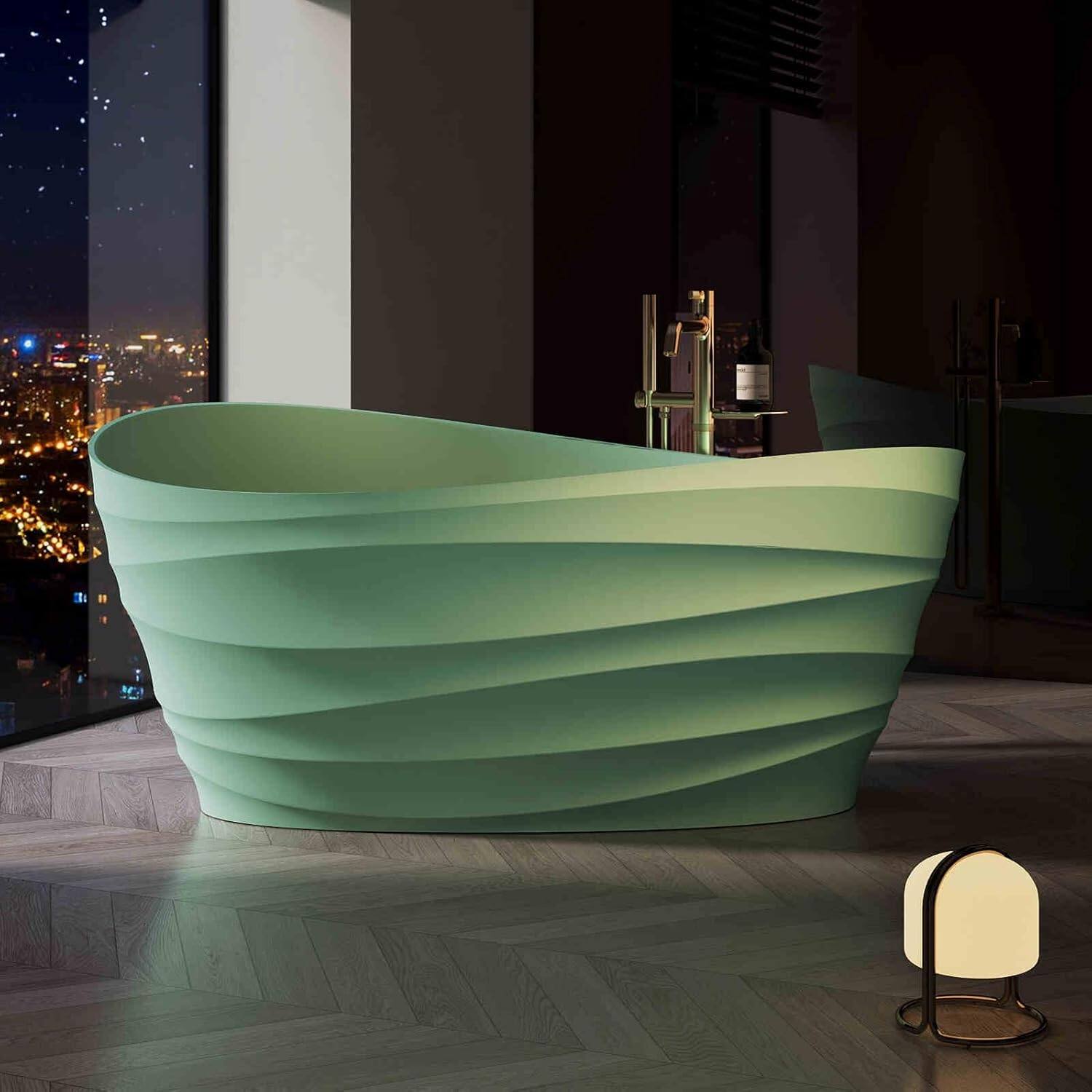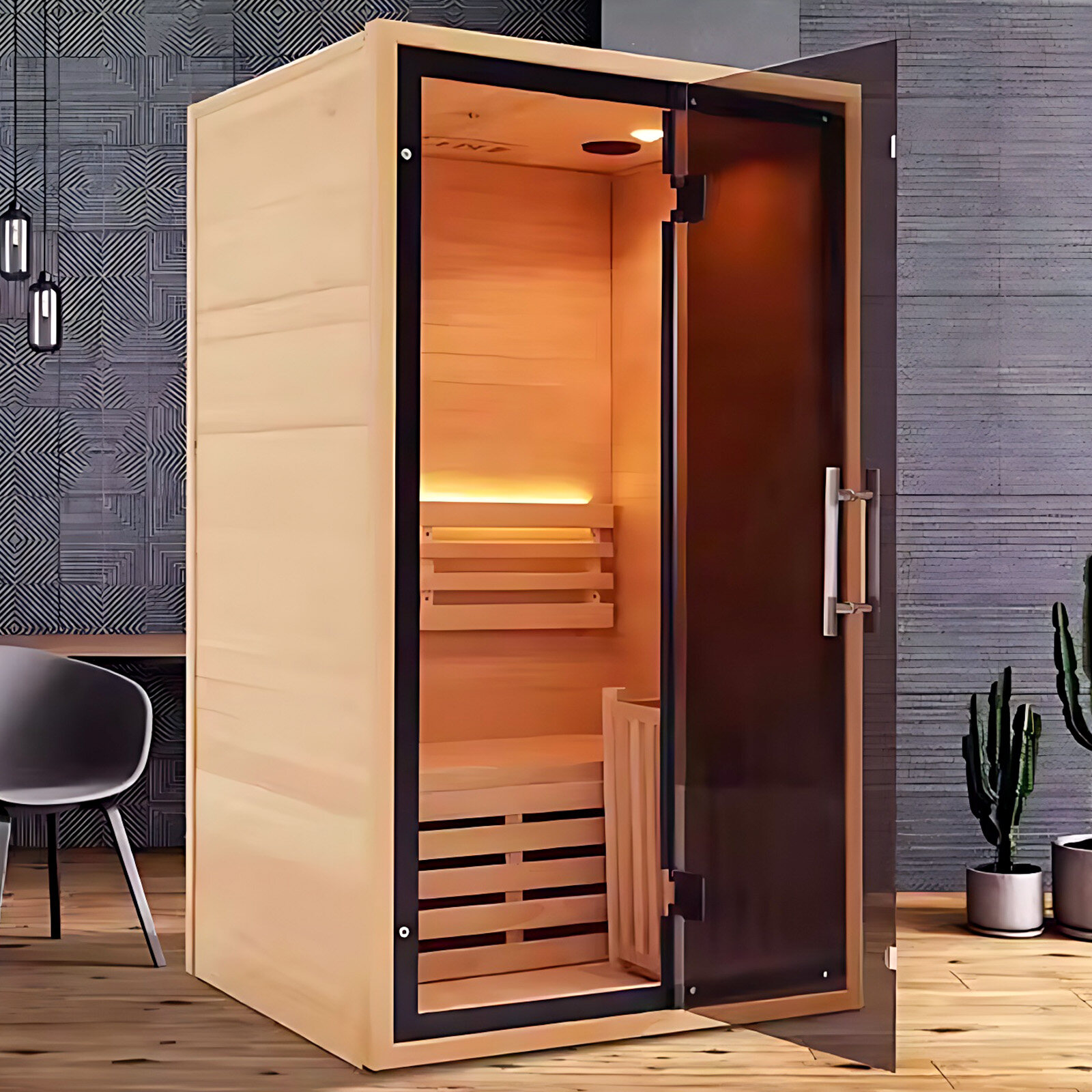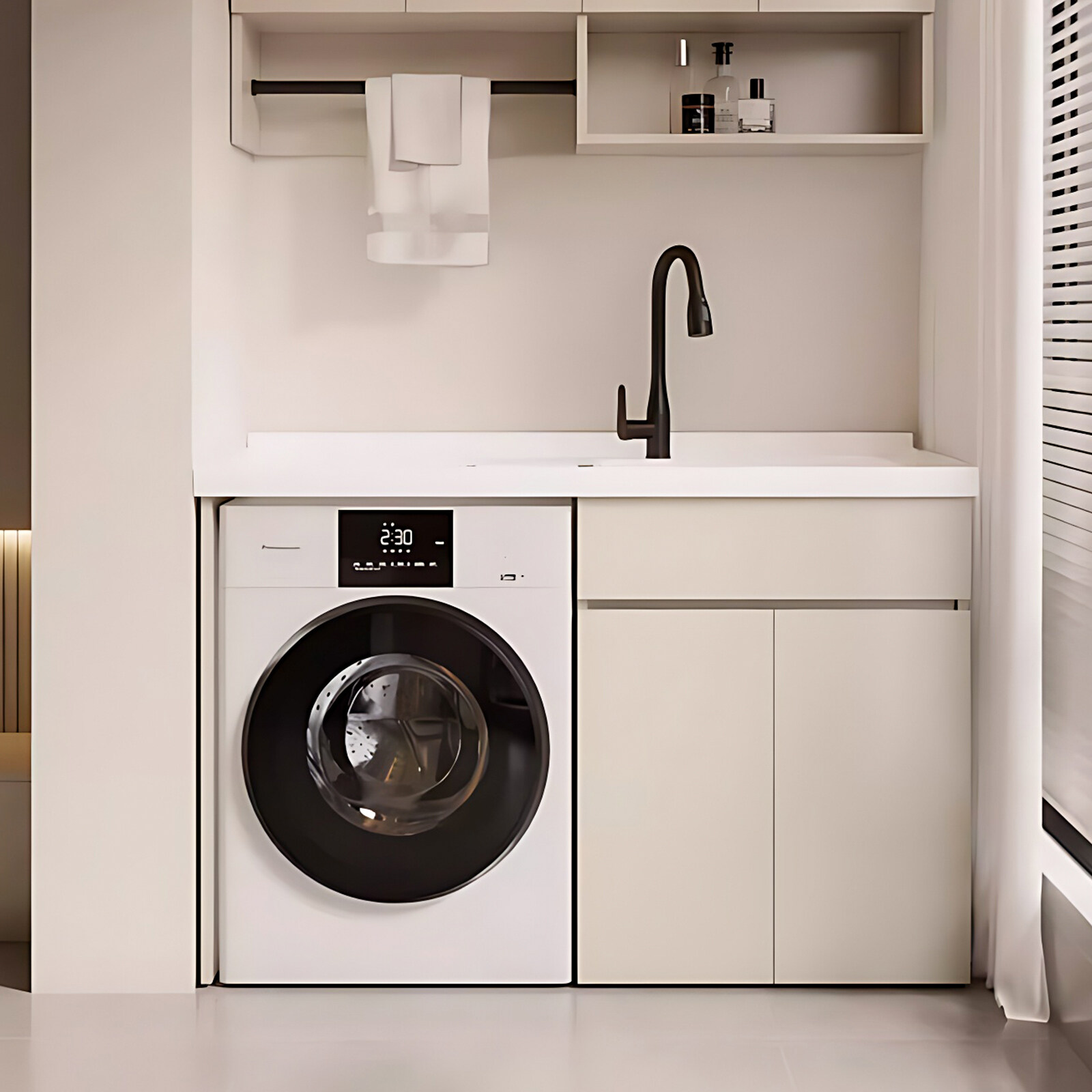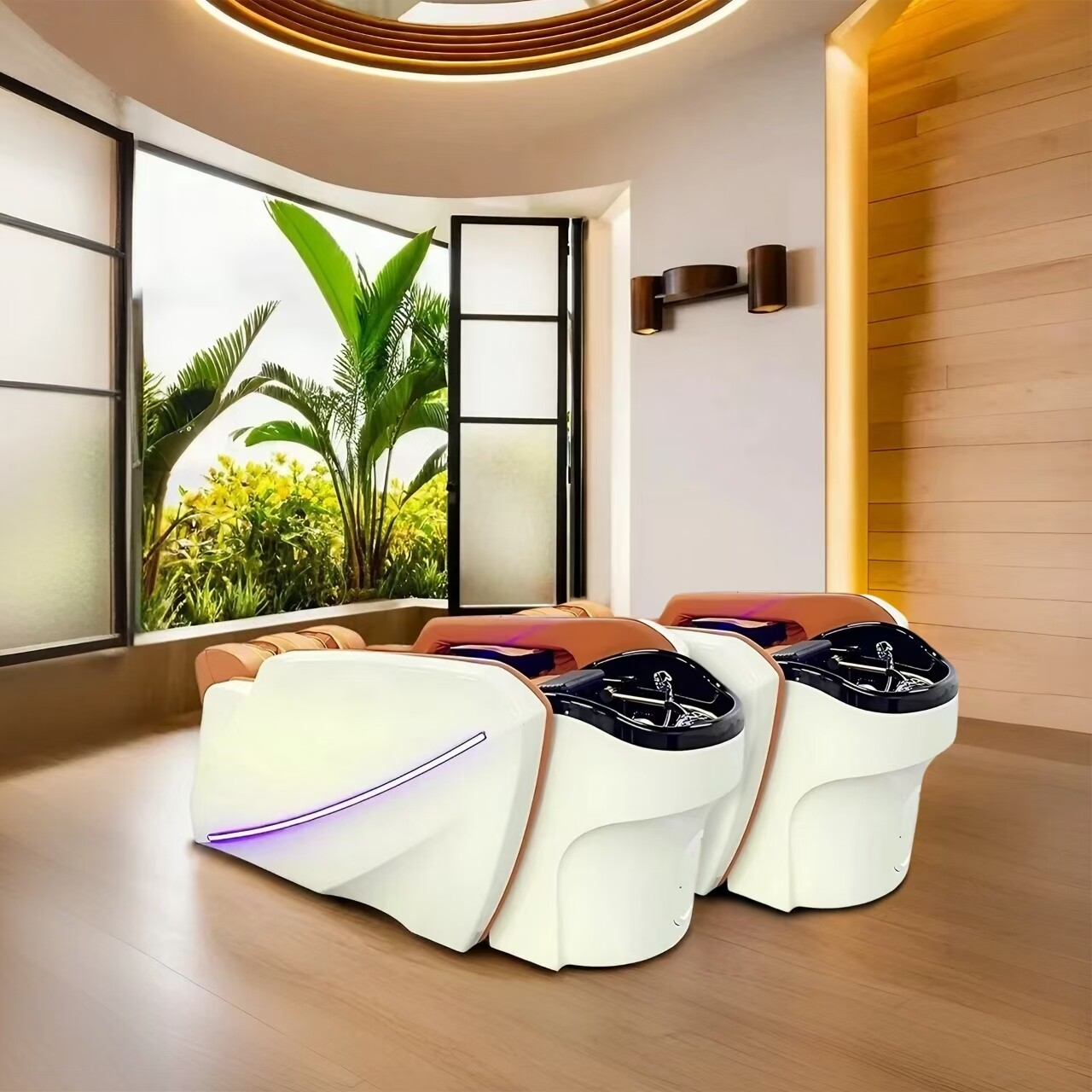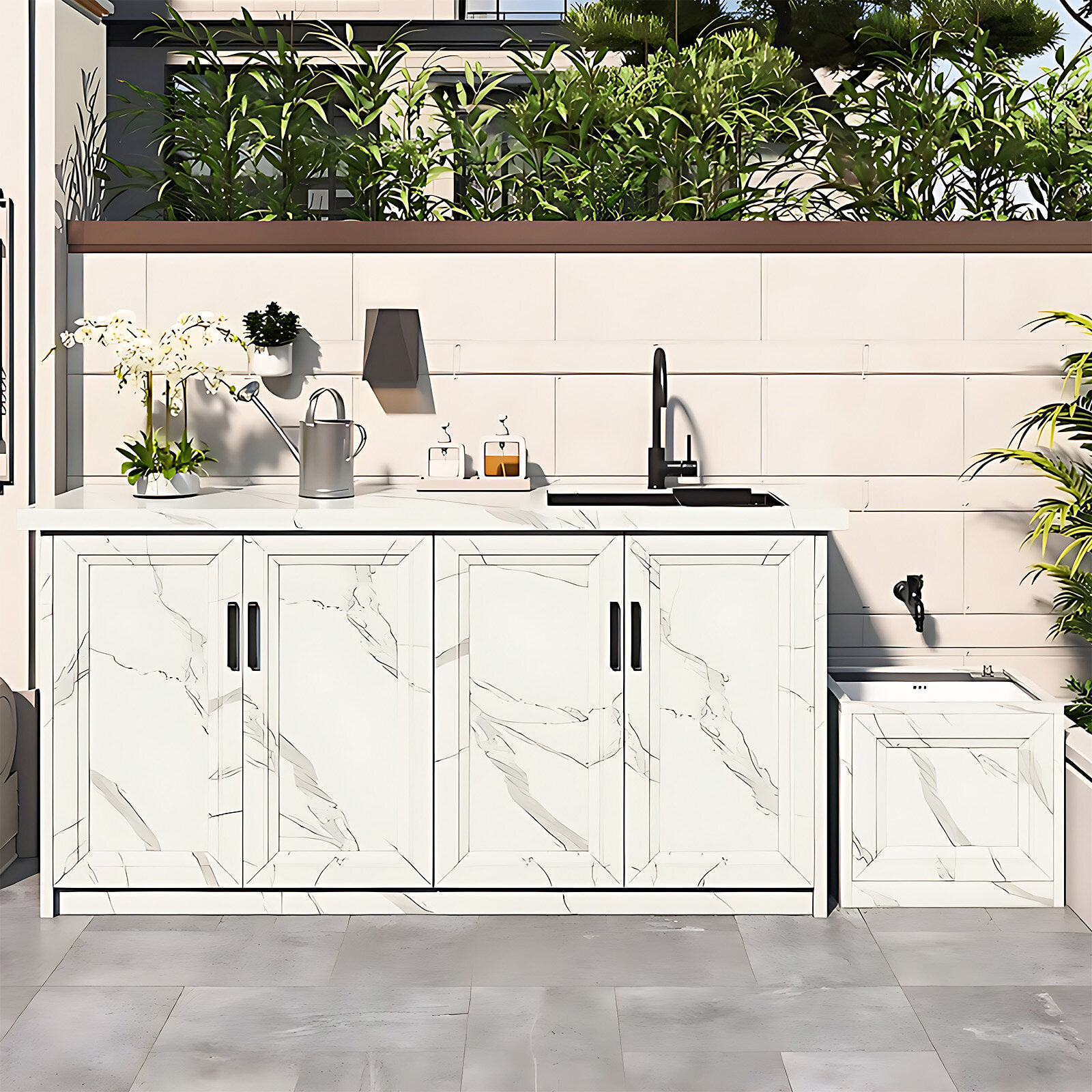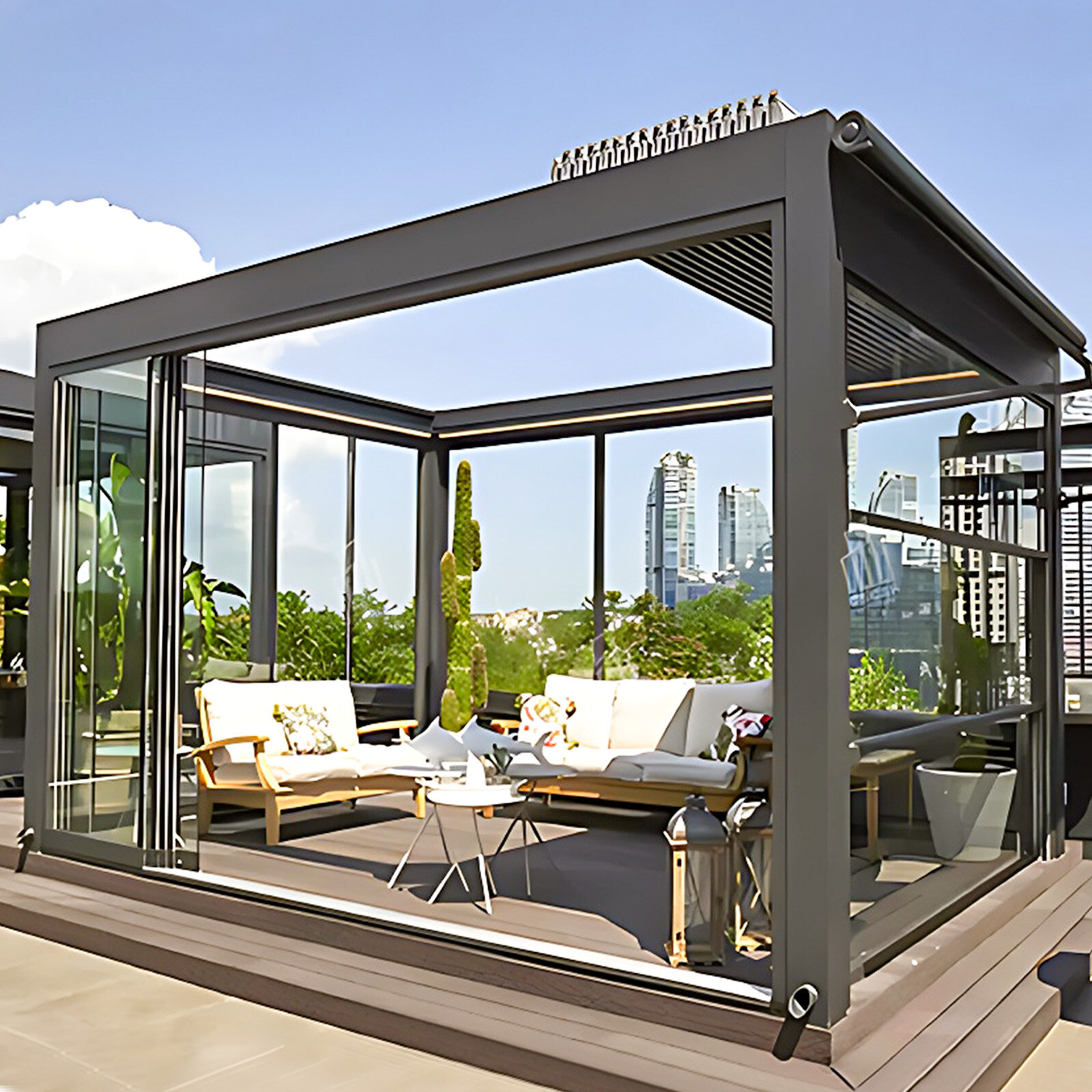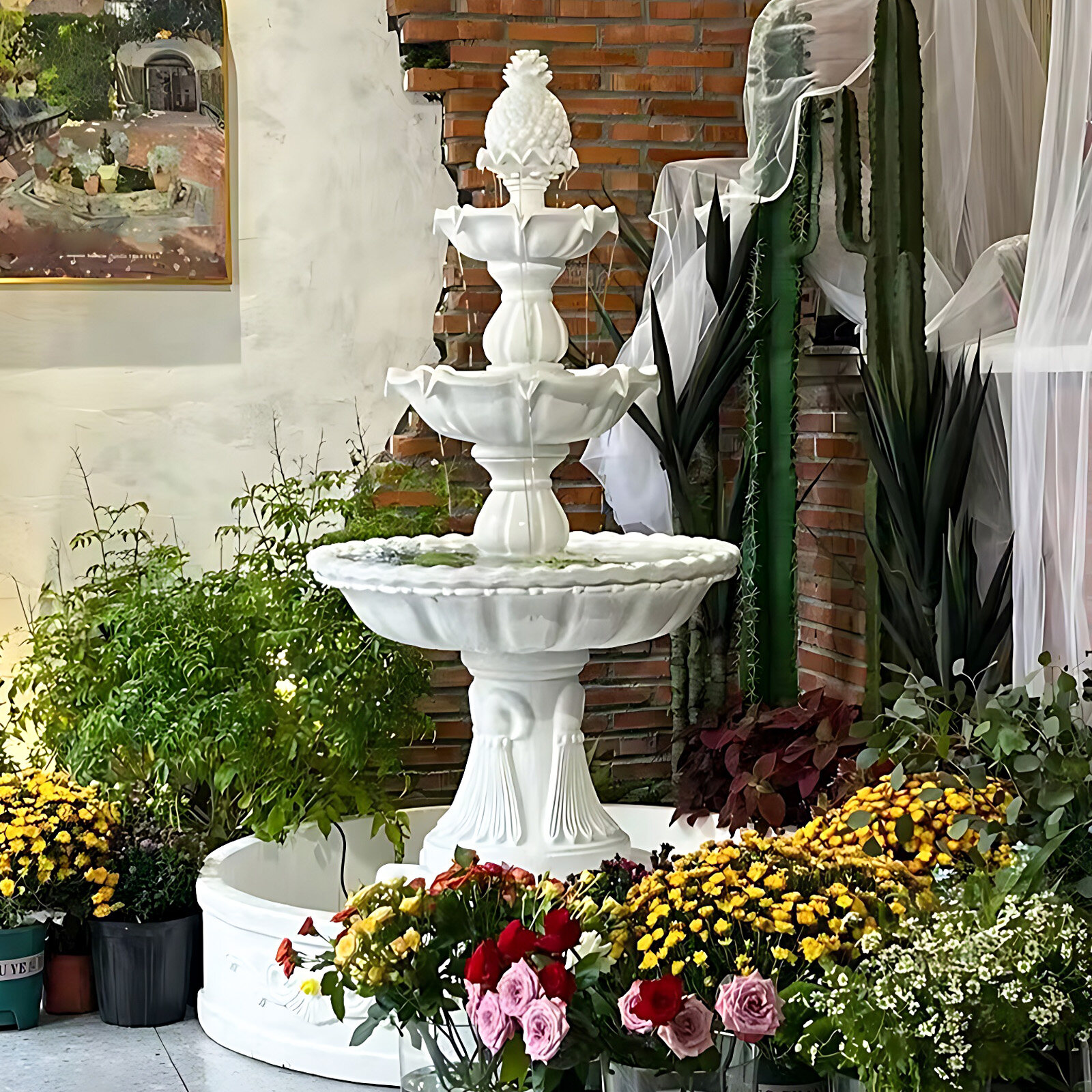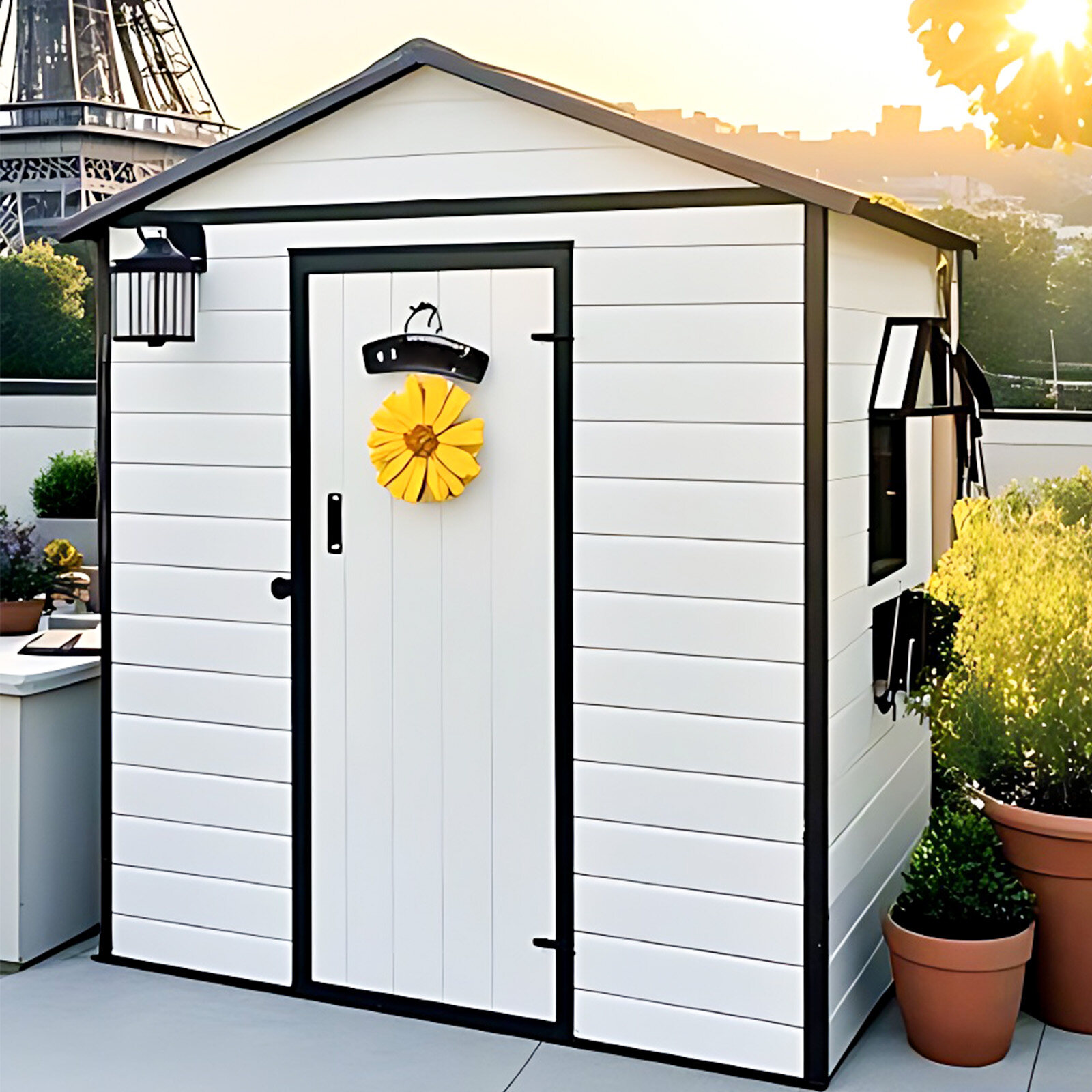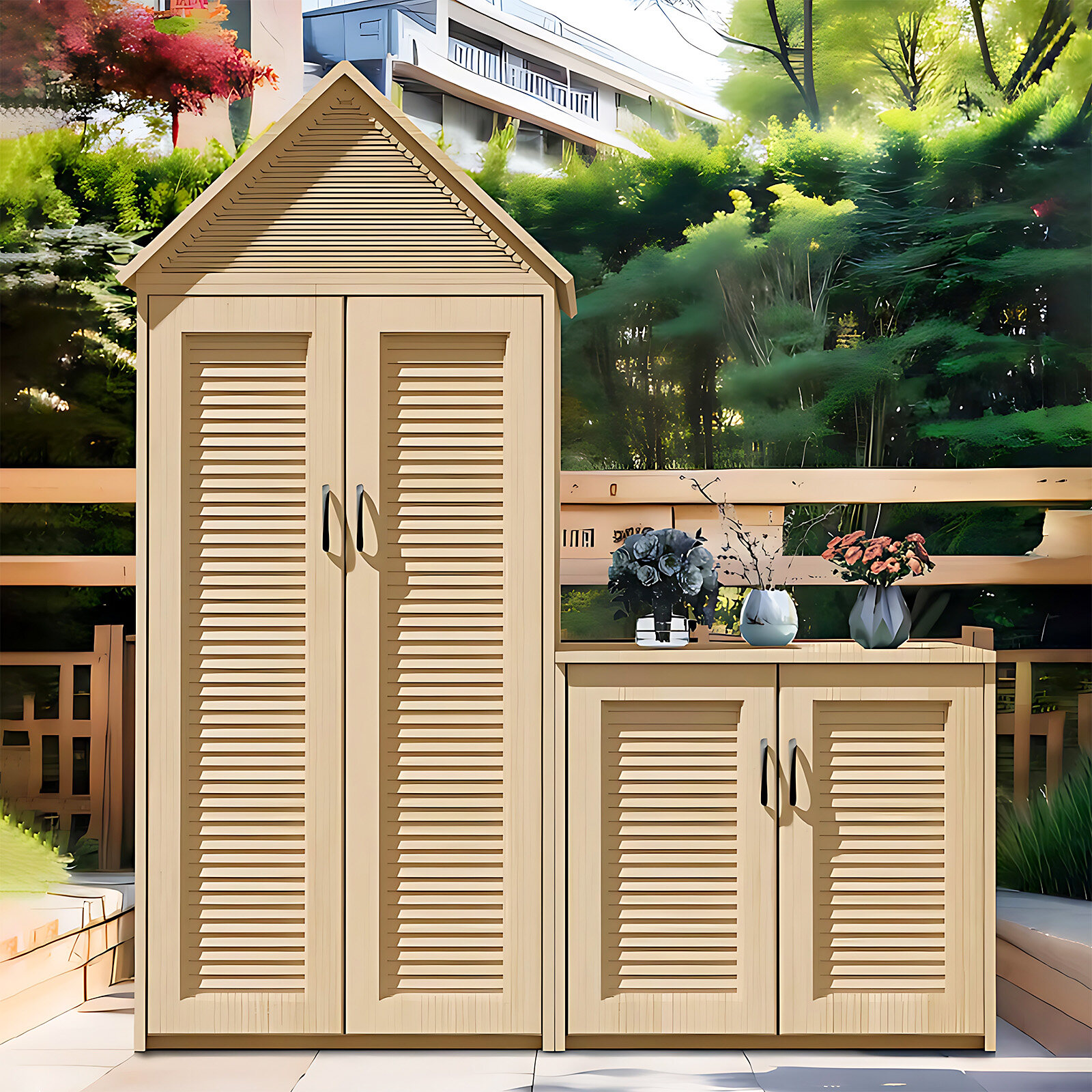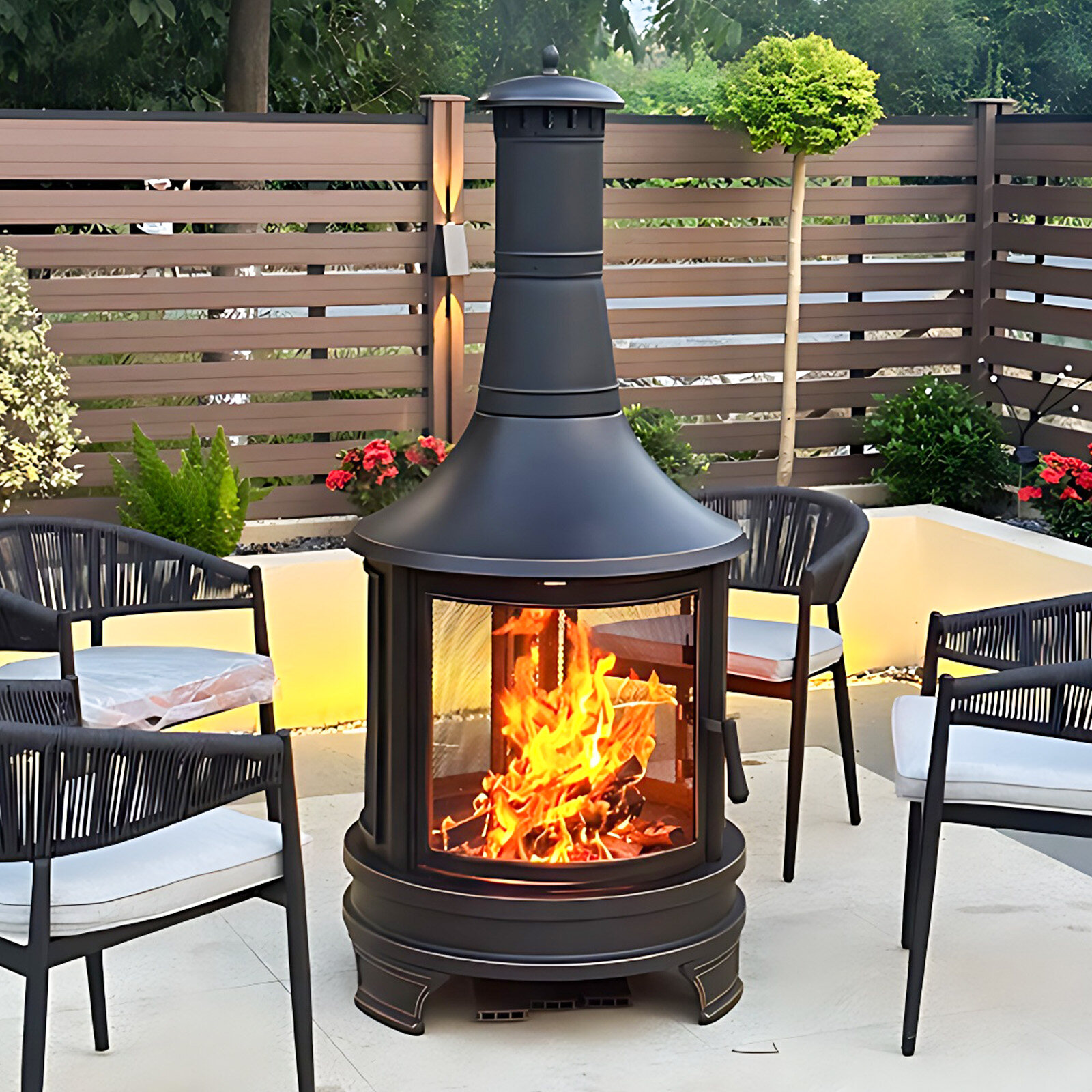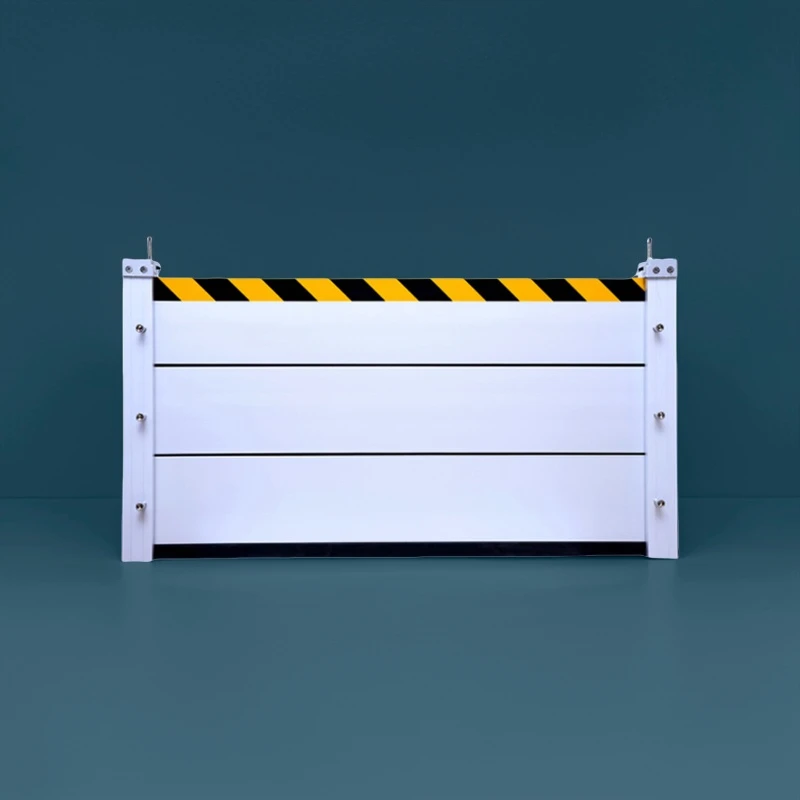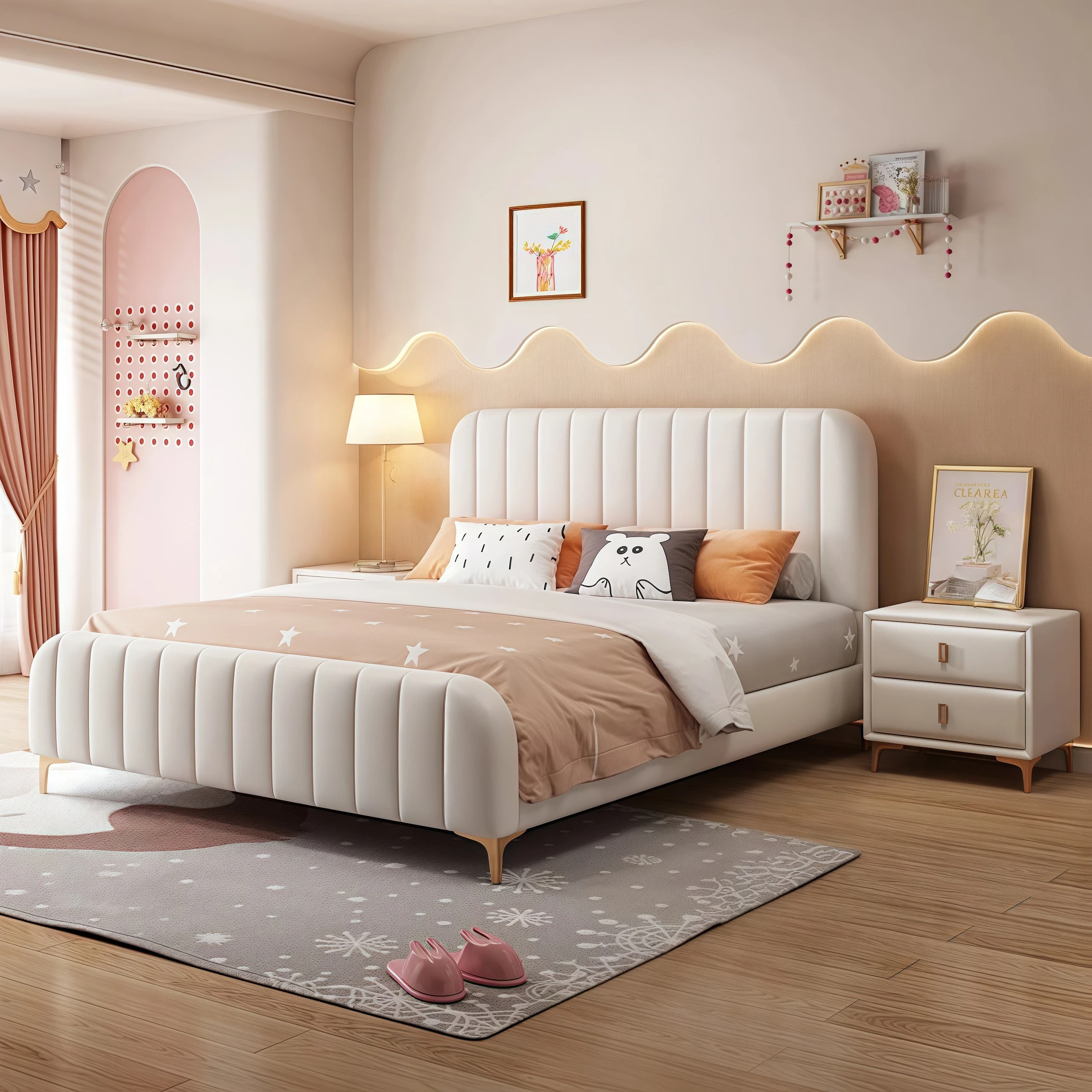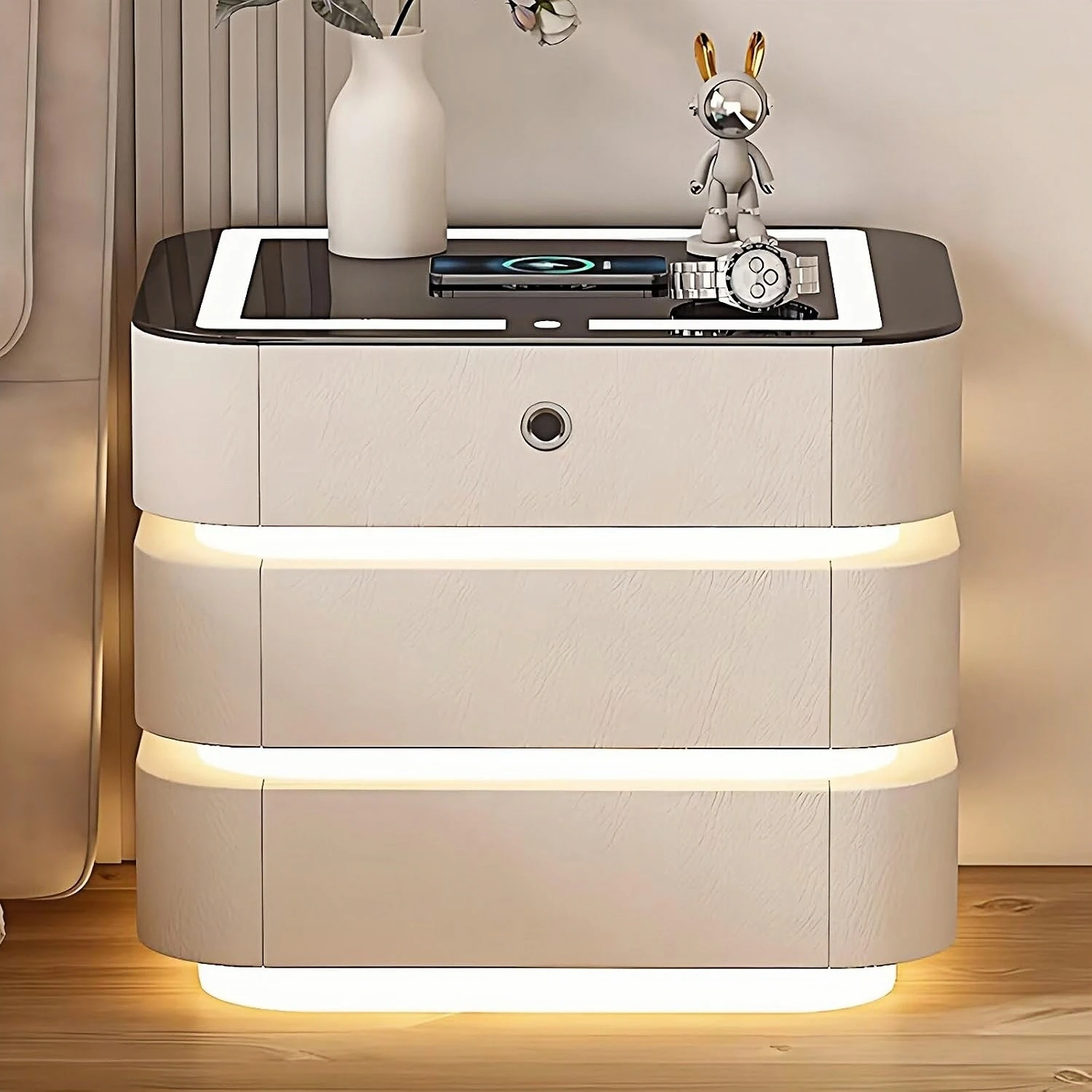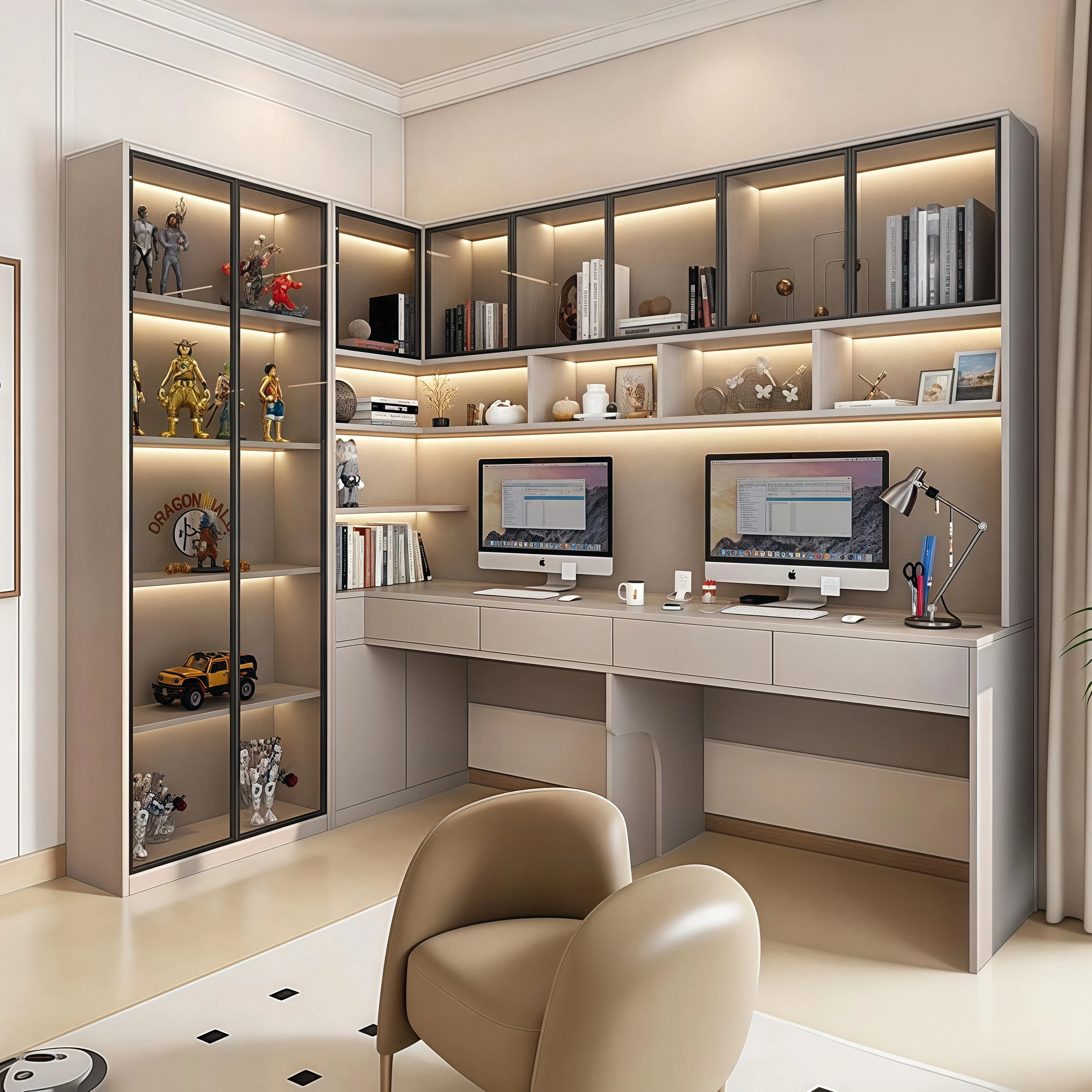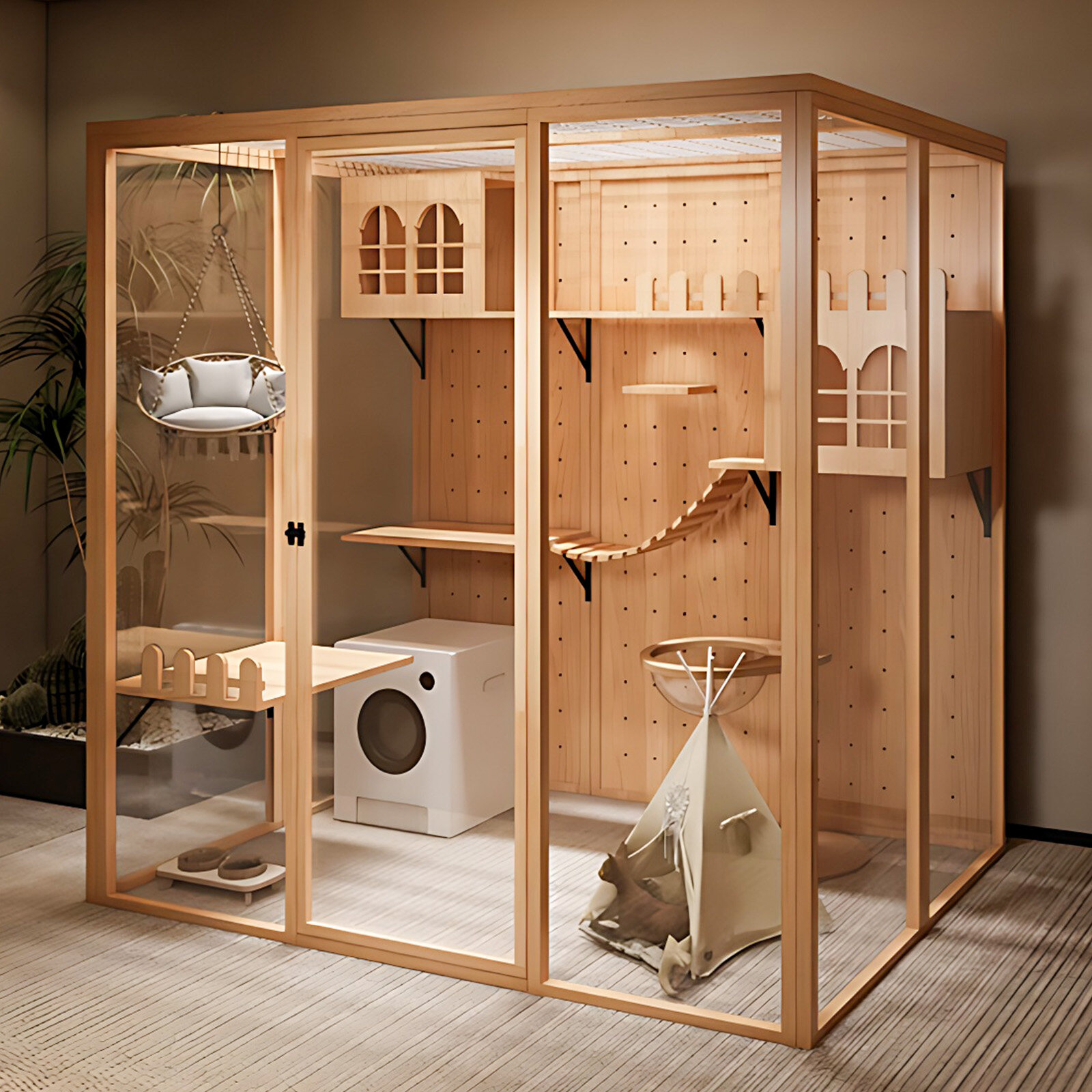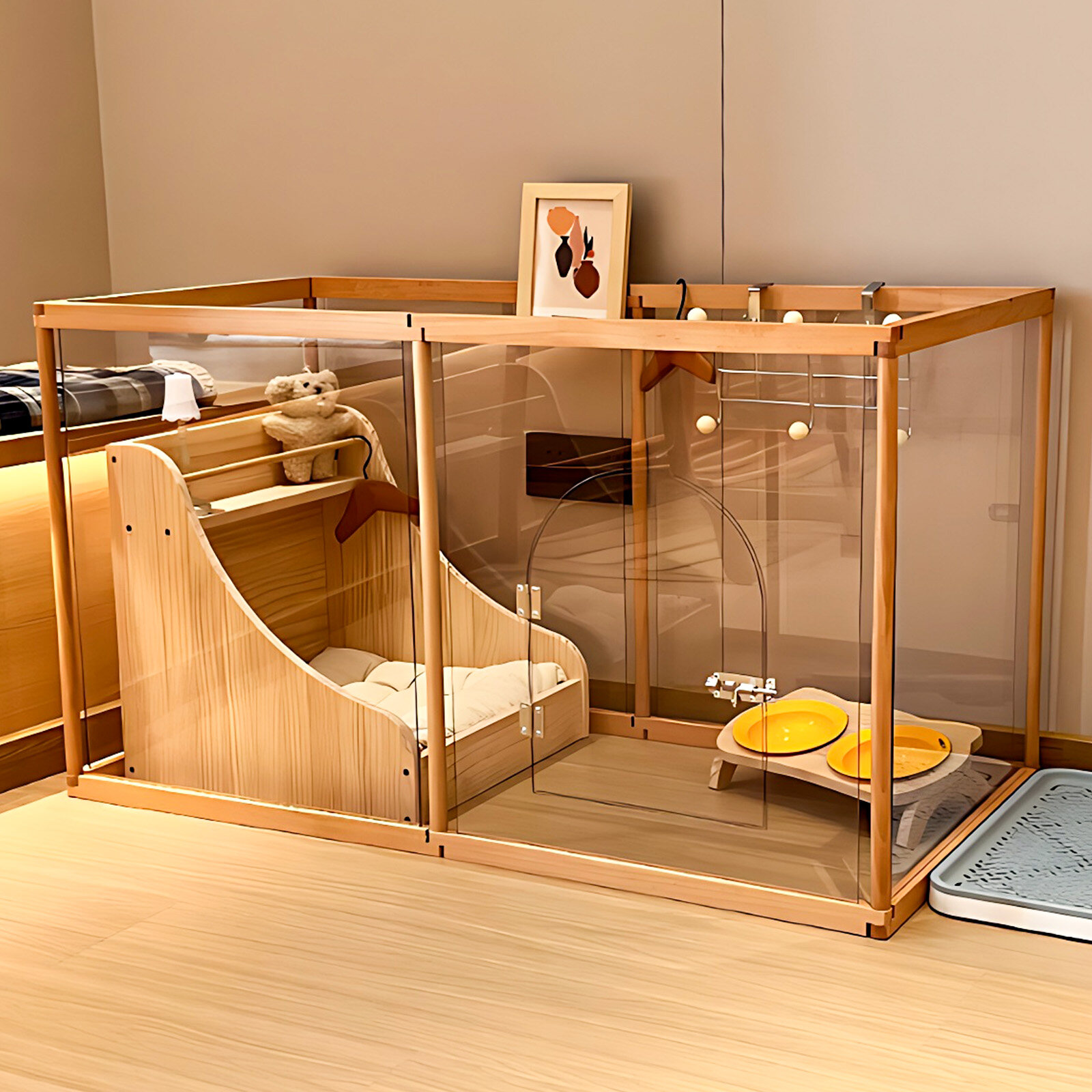In China, many consumers and furniture factory customers have some vague concepts about Japan's JAS, JIS and F★★★★ certification. Before introducing F★★★★ certification, we can first understand Japan's JAS, JIS and other certifications.
JAS stands for "Japanese Agriculture Standard," established by the Ministry of Agriculture, Forestry, and Fisheries (MAFF) of Japan and implemented on April 1, 2002. JAS requires that all organic products, including agricultural, forestry, and livestock products, exported to Japan meet JAS standards. JAS certification is voluntary, but mandatory for organic foods.
JIS (Japanese Industrial Standards) specifies test methods and standard values for verifying the type, size, quality, performance, and safety of mining and industrial products. Products certified by a designated third-party certification body as conforming to JIS standards can be affixed with the JIS mark. There are 24 organizations authorized in Japan to issue JIS certifications, each with its own scope of certification.
The Japanese Ministry of Land, Infrastructure, Transport and Tourism is the certifying body for Japan's F4-Star certification. It primarily targets wood products, particleboard, plywood, MDF, and other wooden building materials. The F4-Star standard sets clear formaldehyde emission requirements: an average value of ≤ 0.3mg/L and a maximum value of ≤ 0.4mg/L. The "F4-Star" designation originates from the laws and regulations of Japan's Ministry of Agriculture, Forestry, and Forestry and is a certificate issued by the Ministry of Land, Infrastructure, Transport and Tourism. The F4-Star certification generally referred to in the market is essentially the F4-Star certificate issued by the Ministry of Land, Infrastructure, Transport and Tourism. Colin began developing and applying for the Japanese Minister's F4-Star certification early in its production, officially receiving it in 2018. Certificate number: MFN-3497.
Figure Colin F★★★★ Minister's Certificate
Differences in testing standards between Colin F★★★★ pure board and national standard (GB) board
Compared with the national standard board, the testing method of Colin F★★★★ pure board's environmental protection index is very different from that of the national standard ordinary board. The Japanese F☆☆☆☆ standard testing area is 1800C㎡, without edge sealing, and the water bath temperature is 65±2 degrees. The Chinese testing area is 180C㎡, wrapped with aluminum foil on all sides, and the test can be done at about 20 degrees. In terms of specific testing methods, the Japanese F☆☆☆☆ testing area is 10 times that of China, and the testing temperature is 3 times that of China. Compared with the national standard, the Japanese F☆☆☆☆ testing standard can more actually reflect the formaldehyde release caused by the board itself!
Figure F☆☆☆☆ Third-party authoritative test report of pure board
In general, the formaldehyde content of Colin F☆☆☆☆ pure board is 40% lower than China's E0 (enterprise standard). If we use the Chinese testing method to test Japan's F☆☆☆☆ products, the measurement results will be even lower, and can even be close to the formaldehyde emission of domestic formaldehyde-free boards!
Figure 1. Differences between Japanese F★★★★ and national standard GB
Colin F★★★★ Pure Board Introduction
Currently, Colin's F★★★★ pure boards mainly include three series: standard F★★★★ pure boards, F★★★★ green core moisture-proof boards, and F★★★★ negative oxygen ion antibacterial pure boards. The specifications mainly include 48 feet and 49 feet, and the thicknesses are mainly 9mm, 18mm, and 25mm. Colin's F★★★★ internal control standards implement corporate standards that are higher than national standards. Not only has it achieved the top domestic level in formaldehyde control, but it has also reached international standards for the control of TVOC and heavy metal content.
Table Colin F★★★★ board internal control standards (partial)
Colin F★★★★ Pure Boards are made entirely of large-diameter pine logs, naturally deodorized and balanced, and then 100% self-chipped, with zero recycled material added! After undergoing over 20 production processes, they are manufactured by Dieffenbacher, imported from Germany. Their environmental performance, stability, load-bearing capacity, and moisture resistance far exceed national standards!
Figure Colin F★★★★ pure board raw materials
Application space and prospects of Colin F★★★★ pure board
Compared to standard E0 boards, Colin F★★★★ Pure Boards have lower formaldehyde emissions than regular solid wood boards, making their use in homes unlimited! Japan's Building Standards Act stipulates that if a board meets the F4-star formaldehyde emission standards and is approved by the Minister, there are no restrictions or use restrictions.
Compared to the formaldehyde-free boards that have become popular in the past two years, the formaldehyde emissions of F★★★★ pure boards are very close to those of zero-formaldehyde boards. The price difference between an 18mm sheet of F★★★★ pure board and zero-formaldehyde board is nearly 40 yuan. From the production and supply perspective, compared to pure MDI-added boards, zero-formaldehyde-added boards suffer from insufficient MDI viscosity during production and easily stick to steel strips, resulting in significant production capacity loss! Even domestic zero-formaldehyde board suppliers with high-level craftsmanship, such as Huazhou Wood Industry and Colin Wood Industry, require a 30% discount on production capacity losses. F★★★★ pure board is a truly cost-effective substrate product that can be supplied in large quantities and in a stable manner. In addition to its demanding pursuit of ultra-low formaldehyde emissions, Colin also focuses on controlling odor in its boards. Recently, after in-depth communication with the procurement, quality, and process departments of core customers such as Sofia and Oppein, Colin has issued and implemented the most stringent odor control standards in China! The implementation of this standard will maximize the odor level of Colin pure boards!
Table F★★★★ Comparison of environmental protection levels of pure board and 0-aldehyde-added pure board
F★★★★ Pure board formaldehyde emission standard
Formaldehyde emission standard for 0 aldehyde-added board
Average value ≤ 0.3 mg/L
Maximum value ≤0.4mg/L
≤0.03mg/m3
≤0.2mg/L
In Japan, only boards that have passed the Japanese Minister's F★★★★ certification are permitted for interior decoration in schools, hospitals, nursing homes, and other areas. Besides being suitable for use in these institutions, Colin's F★★★★ Pure Board is also well-suited for new home renovations and baby and maternity rooms. For new home renovations, I recommend using national standard E1-grade boards for kitchen cabinets. Living rooms and bedrooms, which come into contact with the body for extended periods, can utilize the more environmentally friendly F★★★★ Pure Board.
In 2019, top domestic veneer companies across various regions, including Jingshi, Furen, Weijie, Qunyi, Laisai, Qiguo, Xinlesen, Xingguang, and Aier, entered the F★★★★ veneer market. Made with Colin's F★★★★ base material, laminated with imported steel and paper, F★★★★ veneer boasts physical and chemical properties and environmental performance comparable to any international brand. Thanks to the active promotion of Colin and its numerous partners, an increasing number of high-end home furnishing brands have chosen to use Colin's F★★★★ pure board and have obtained special F★★★★ authorization.
In the future, it is a general trend to strengthen the unlimited use of such low-formaldehyde home space base material products! Whoever chooses to adopt such products will seize the initiative!

 USD
USD
 GBP
GBP
 EUR
EUR
